Welcome to Good Market Info!
Click the logo to return to the Good Market app
Welcome to Good Market Info! Click the logo to return to the Good Market global app.

Welcome to the 57 social enterprises, cooperatives, responsible businesses, voluntary organizations, and networks that became Good Market approved in February 2021! This month’s roundup includes new community members from the United States, Portugal, Spain, the United Kingdom, Germany, Pakistan, India, Nepal, Sri Lanka, and Cambodia. More than 1,737 enterprises across 59 countries are now part of the Good Market community.
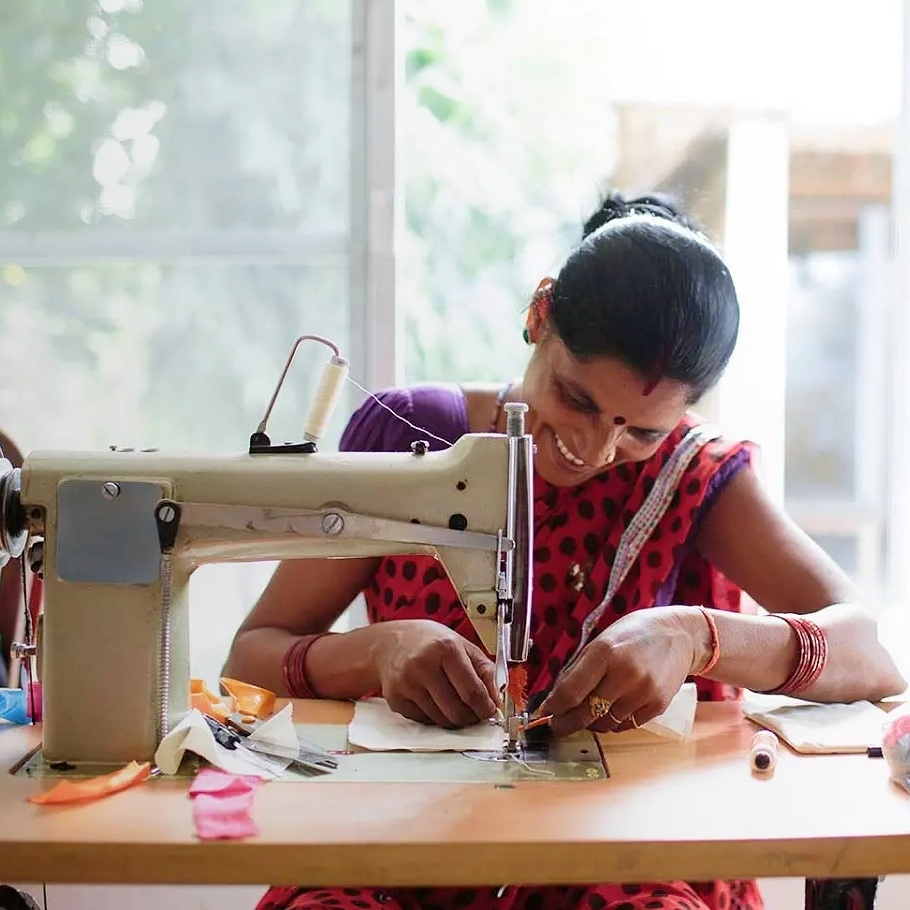
Phnom Penh, Cambodia
Nomi Network is part of a global movement to end human trafficking and modern slavery. They create pathways to safe employment and economic stability for women and girls in Cambodia and India and empower them to break cycles of poverty, abuse, and exploitation in their families and their communities. Nomi Network works in hot spots like red light districts and places with high incidences of forced labor, forced marriage, and sex trafficking. Their Workforce Development Program provides vulnerable women with life skills training, sector-specific technical training, job placement or support to open a business, and follow up to encourage job retention or business expansion. Their Fashion Incubator supports local entrepreneurs and social enterprises that provide safe work for survivors and women at risk of trafficking. They offer advanced training, connections with corporate brands seeking transparent ethical supply chains, and direct market access to consumers. Nomi Network production centers and partners specialize in clothing, bags, and accessories that are made from repurposed materials and sold wholesale, online, and through events and popups. Nomi Network is registered as a nonprofit organization. All proceeds are reinvested in programs to end slavery through economic empowerment.
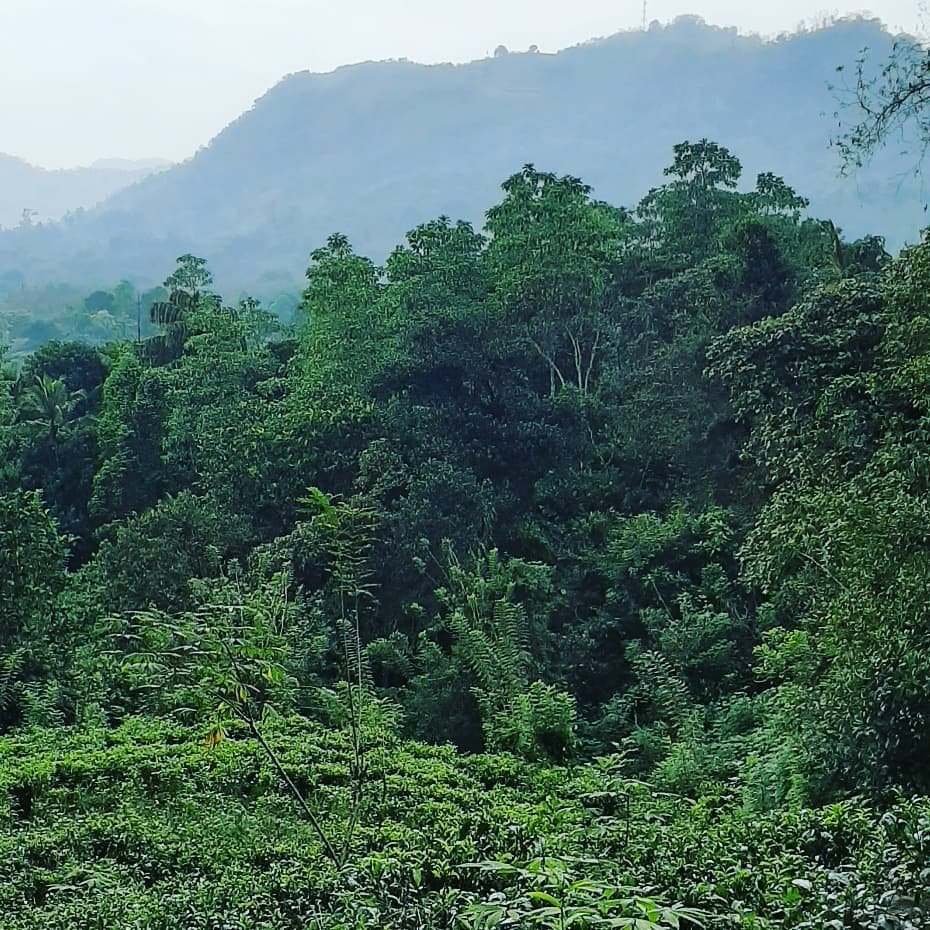
Erathna, Sri Lanka
Forest Hill specializes in wild tea from Warnagala, an abandoned estate in the Sri Pada mountain range. The tea was planted by Scottish planters during colonial rule, and over the next 130 years, it grew from conventional tea bushes into 900 trees that are 40 to 50 feet tall and blend with the natural forest. Forest Hill has skilled tea pluckers that climb these trees to handpick the tender two leaves and a bud at the top. The unique flavor of this rare wild tea comes from the nutrients absorbed through deep taproots and layers of rich forest soil. The quality is maintained through careful hand processing in small batches. Forest Hill also offers a community range of handcrafted tea from neighboring small tea gardens including silver tip white tea, pink green tea, black pebble and tippy orange black teas, and tea spirals and rods. They focus on providing sustainable livelihood opportunities to rural women, supporting forest-friendly farming practices, and using artisanal techniques that minimize waste, energy consumption, and resource use. Five percent of gross profits is shared with workers as a bonus. Forest Hill is a member of the Ceylon Artisanal Tea Association (CATA) which was started to promote the unique terroirs, techniques, and flavors of handcrafted teas in Sri Lanka and increase the incomes of the small-scale tea farmers and workers that produce them.
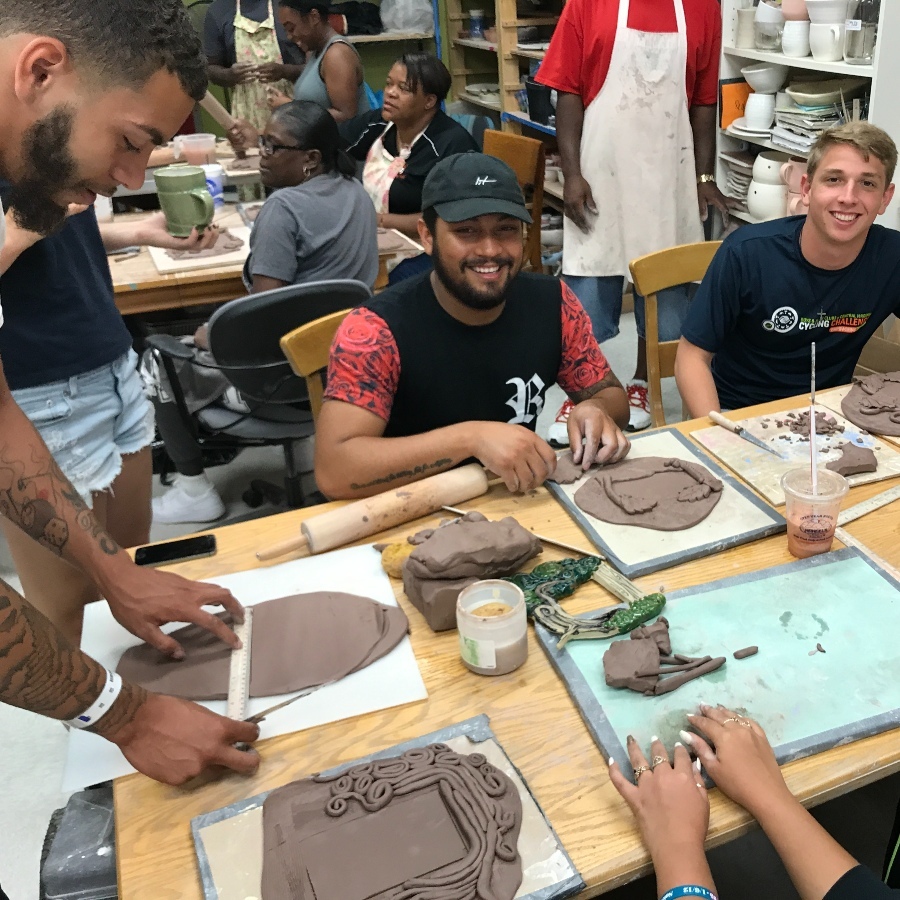
Beaver Falls, Pennsylvania, United States
Stray Cat Studio is a pottery studio focused on art, beauty, community, and economic revival in a small depressed steel town. They have contributed to public art projects, improvement of local spaces, and revitalization initiatives, and they are currently working with the city to build a cultural life and arts center in the downtown core, which will be the first commercial green building in the county. Their studio and handmade market serves as a community gathering space and offers handmade pottery and other local goods, take-home clay kits, classes, kiln and equipment rental, and studio memberships. They partner with local organizations to provide programs for disadvantaged kids and people with special needs. If a group is not able to access the studio, they visit them through a program they call Mud-on-the-Move. Stray Cat Studio promotes handmade local pottery as a beautiful, environmentally responsible alternative to plastic housewares and imported goods. Even their supplies are local. The clay they use and sell comes from 30 miles away. Stray Cat Studio prioritizes upcycled and recycled materials and ships online orders in environmentally responsible packaging.
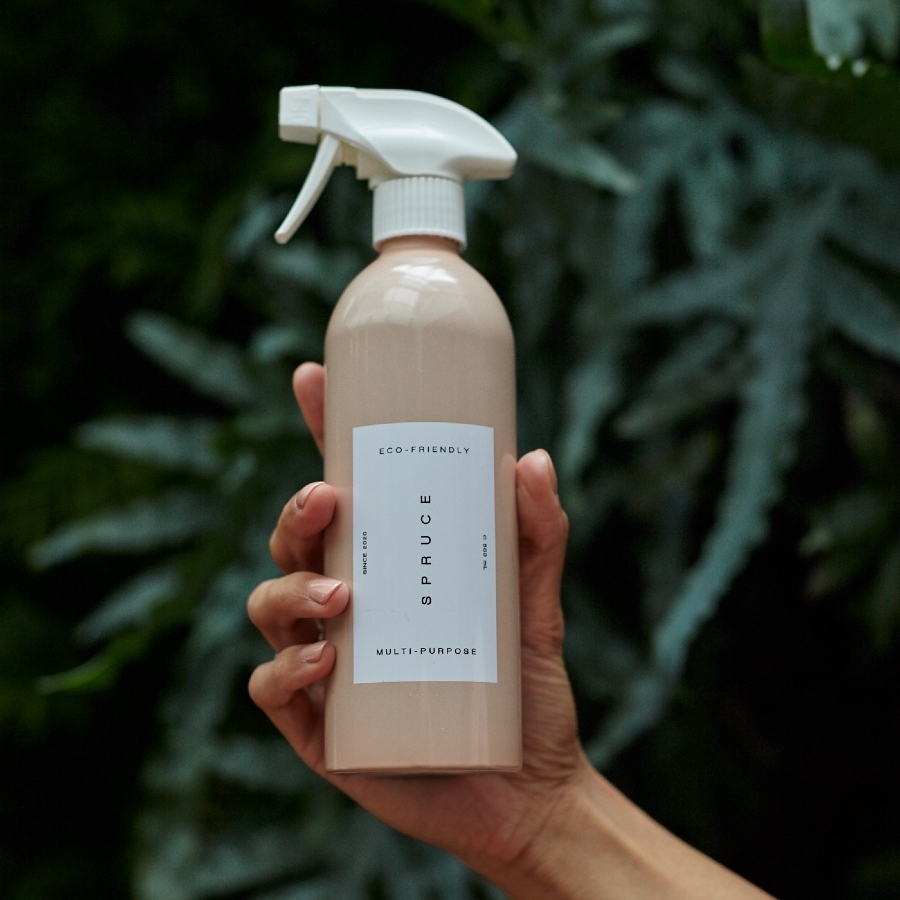
London, England, United Kingdom
Spruce specializes in refillable cleaning products that are free from toxic chemicals with known health and environmental risks. They aim to put an end to the single-use plastic pollution and indoor air pollution created by everyday household products. Their starter kits include a reusable aluminum bottle and a concentrated refill pack in compostable packaging. When tap water is added to the concentrate, it creates a full bottle of cleaner. Shipping concentrated products without water weight lowers emissions. Spruce provides transparent ingredient information and sources locally whenever possible. Their bathroom cleaners and multipurpose cleaners are vegan, made with plant derived ingredients and organic essential oils, and free from artificial colors, fragrances, parabens, phosphates, SLS, triclosan, petrochemicals, and palm oil. Spruce partners with Plastic Bank to support plastic waste collection in high poverty coastal communities. For every starter kit purchased, they remove the equivalent of 25 bottles of ocean bound plastic waste.
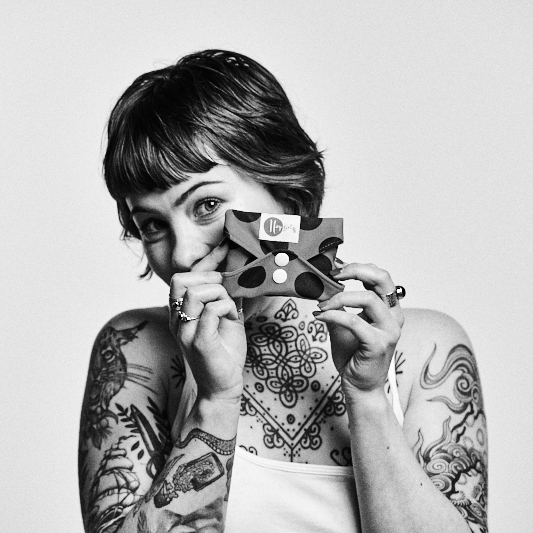
Musselburgh, Scotland, United Kingdom
Hey Girls is committed to ending period poverty in the United Kingdom. They believe that access to period products is a right, not a privilege, so for every pack of plastic-free period products that they sell, they give a pack away to a UK girl or young woman in need. Hey Girls works with more than 200 community organizations, home shelters, food banks, charities, and other donation partners to ensure that the donated products reach the people who need them most. Conventional period products contain up to 90 percent plastic and account for 200,000 tons of waste per year. Every Hey Girls product is produced ethically from environmentally responsible materials. They offer options for everyone: biodegradable pads made from bamboo and corn fiber, organic certified tampons, and reusable menstrual cups, pads, and pants. Hey Girls launched the Period Dignity campaign to make free period products in the workplace the norm. Through partnerships with private sector employers, their products are now available in staff toilets throughout the UK. For the public sector, they offer bulk buying rates that make it possible to secure government contracts and supply local councils, libraries, schools, colleges, and other public spaces with plastic-free products. Hey Girls is registered as a community interest company and is a member of Social Enterprise Scotland and Social Enterprise UK.
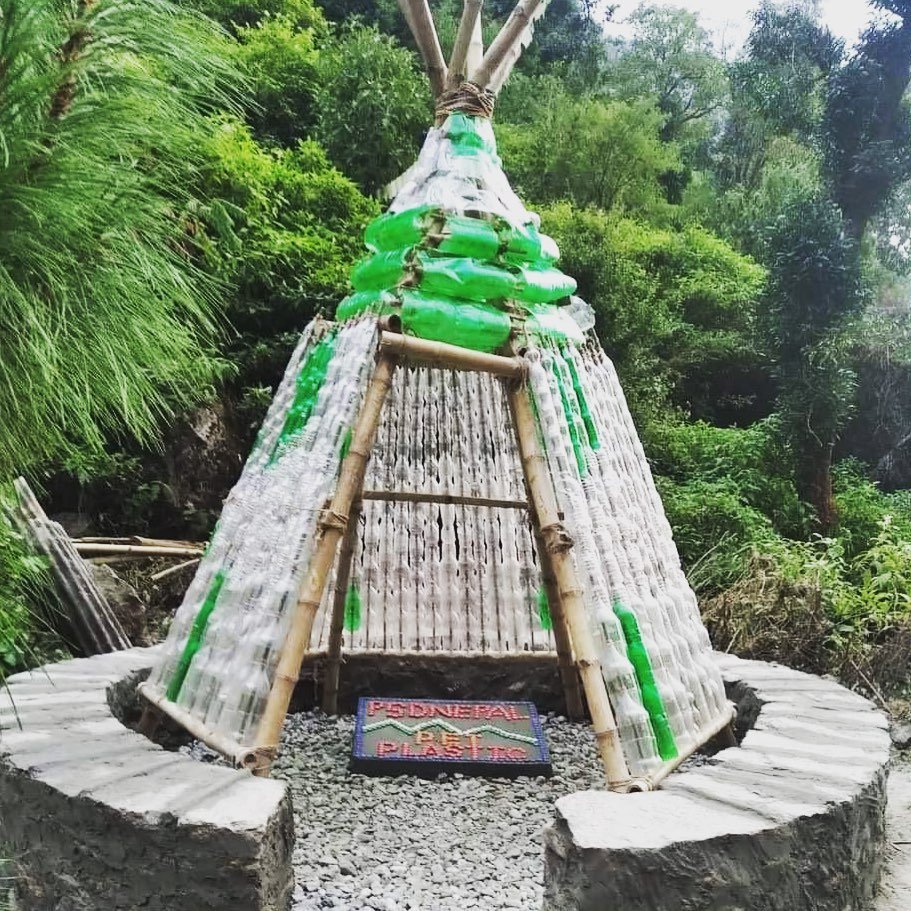
Chandragiri, Nepal
Partnership for Sustainable Development (PSD) Nepal works with the mountain people of Langtang to cultivate circular economies and find solutions for plastic waste in Himalayan national parks. They developed a one rupee per PET bottle incentive scheme and have cleared tens of thousands of plastic bottles per month. This waste is recycled in Pokhara at Himalayan Plastic and creatively upcycled for educational purposes. The PSD Nepal team builds PET Pavilions out of plastic bottles at trekking rest points to raise awareness about plastic and waste solutions. They also conduct educational activities with schools and community groups on waste, recycling, segregation, and environmental health using plastic bottle caps. In partnership with a technical team from the Nepal Academy of Science and Technology (NAST), they are testing a pyrolysis machine to convert plastic waste into reduced diesel fuel (RDF). PSD Nepal reinvests all profits in their Clean Up Himalaya initiative.
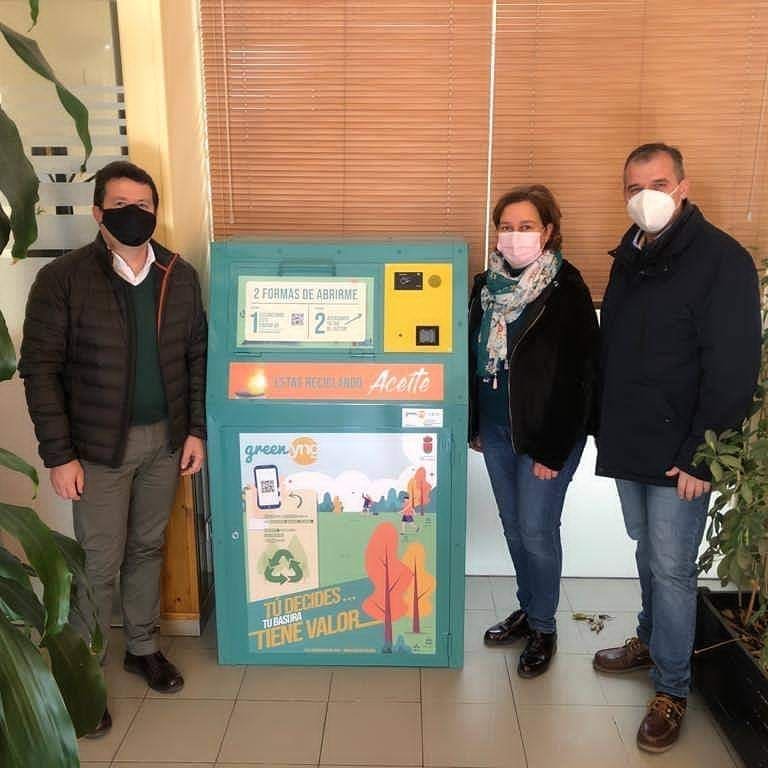
Boadilla del Monte, Spain
greenYng is a digital recycling platform that connects a network of smart bins with user-friendly apps. They aim to transform waste collection and make recycling a more educational, fun, and rewarding experience. Citizens can use the app to find the nearest bin for recyclables ranging from cans and plastic bottles to used motor oil. When they recycle, they earn points that they can spend on products and services from partner vendors. They can also form teams or leagues to play with friends, family, and colleagues. Local governments and waste collectors can use the app to monitor the status of their waste collection network in real time. They can also adjust incentives to influence citizen behavior in positive ways. For example, through the app, citizens can find which bin is paying more and may choose to take their recyclable materials to a less full bin that is slightly farther away but offering more points. The government could also choose to increase the value of the points if a citizen is buying locally or supporting a particular type of business. greenYng reduces carbon emissions by providing collectors with better data on the quality and volume of materials in different areas and by working with partners to develop bicycle trailers for carbon neutral first mile collection.
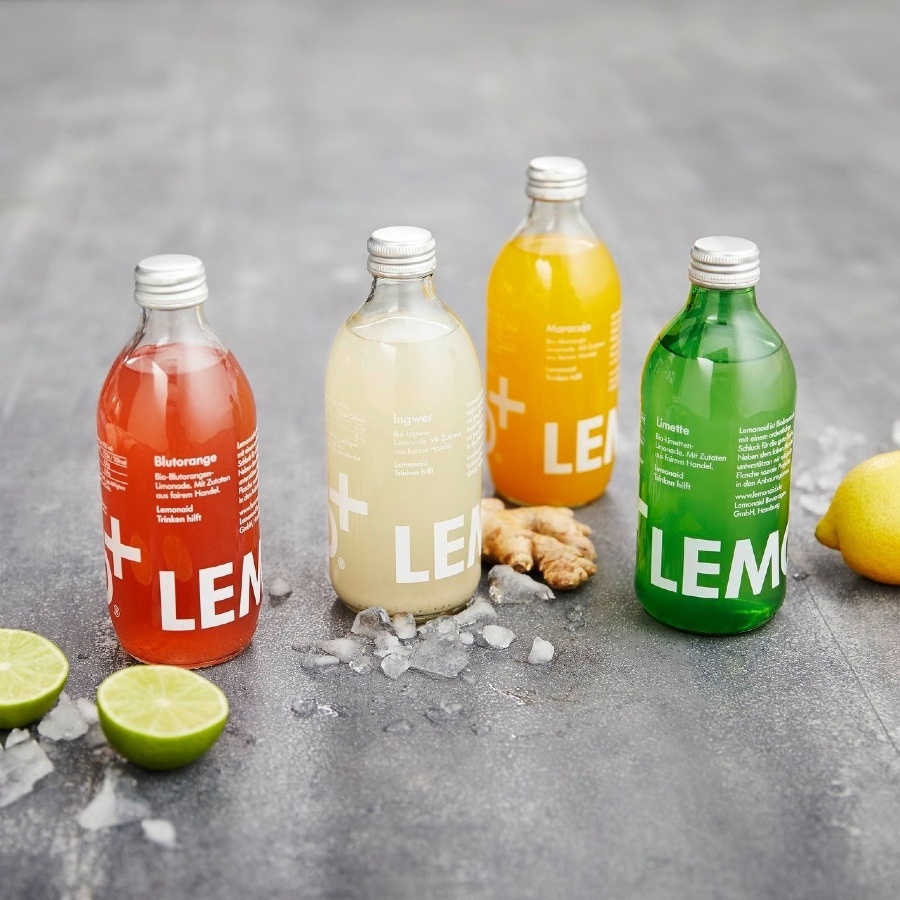
London, England, United Kingdom
Lemonaid & ChariTea makes soft drinks from freshly squeezed fruit and iced teas from real brewed whole leaf tea with no refined sugars, flavorings, or other additives. They source organic fair trade ingredients from partner farmers in South Africa, Rwanda, Argentina, Paraguay, Mexico, India, and Sri Lanka. In addition to paying fair trade premiums to farmers, they donate a portion of every bottle sold to the Lemonaid & ChariTea Foundation to support social projects in these growing regions. They prioritize local initiatives that increase access to independent, self-determined and sustainable livelihoods and organize regular project trips so employees can visit growers and social projects in person. Lemonaid & ChariTea is committed to waste reduction. Their drinks come in recyclable glass bottles, and they offer tutorials and attachments to upcycle empty bottles into soap dispensers, shakers, and oil and vinegar containers. Lemonaid & ChariTea has Fairtrade International and EU Organic certification and is part of Impact Hub and Zero Emissions Network (ZEN).
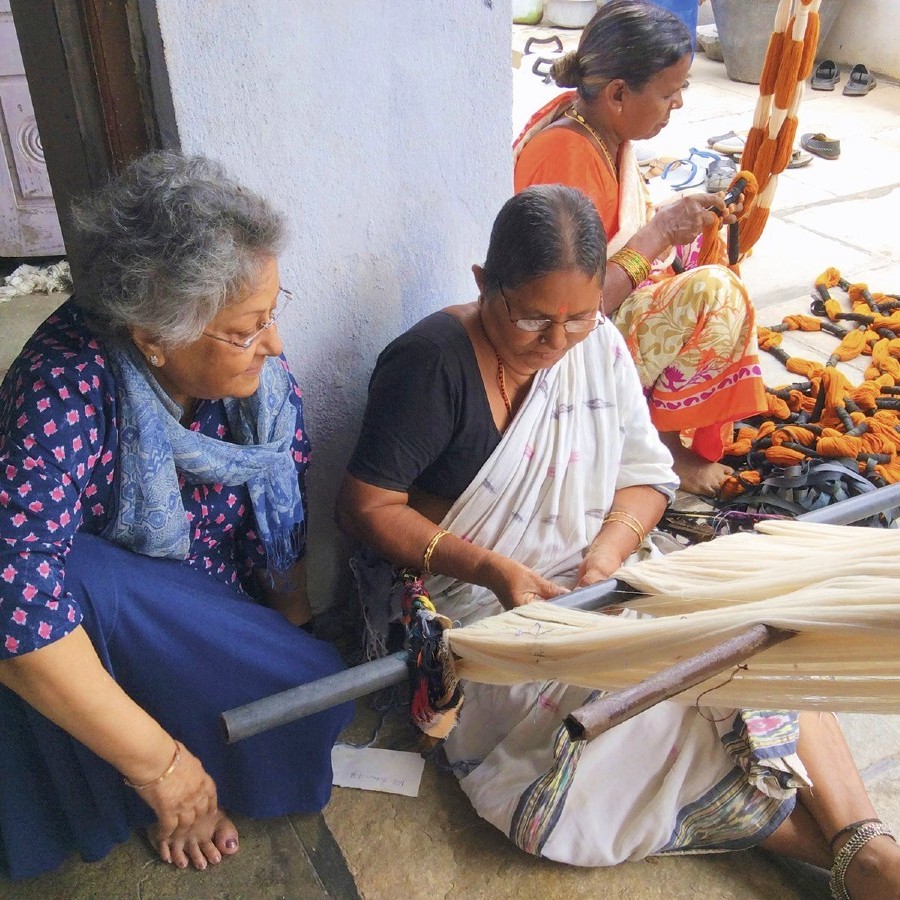
Kolkata, West Bengal, India
Craft Resource Center (CRC) was started in 1990 to help vulnerable craftspeople and marginalized communities in India achieve economic self sufficiency and improve their quality of life. They train artisans, connect them with contemporary designers and global markets, and assist with finance, logistics, production, and supply chain management. CRC is committed to sustainable, ethical, and fair practices. They work with artisan groups that focus on weaving, block printing, screen printing, tailoring, embroidery, paper mache, horn and wood carving, ceramics, vegetable tanned leather, and other crafts and help them meet the order requirements of local and international buyers. CRC’s head office in Kolkata serves as a center for design, finance, logistics, IT, quality checks, and packing and provides a venue for artisan training, workshops, and conferences. CRC uses a portion of profits to contribute to local disaster relief funds. They are a member of the World Fair Trade Organization (WFTO), WFTO Asia, and Fair Trade Forum India.
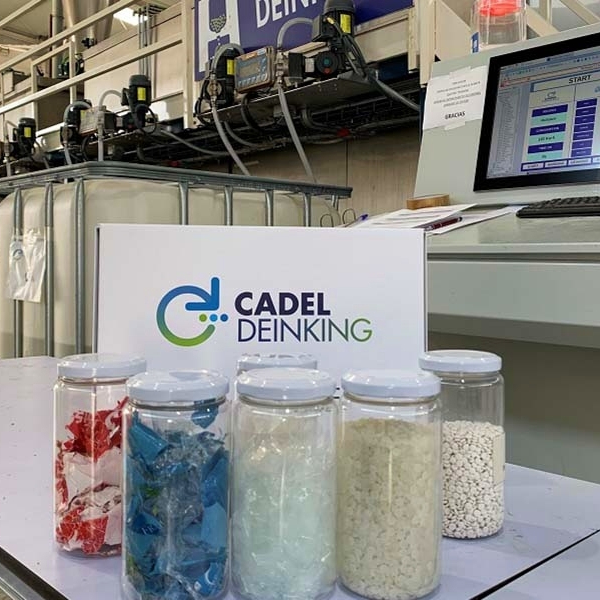
San Vicente del Raspeig, Spain
Cadel Deinking aims to reduce waste, resource use, and carbon emissions by making plastic circular. They have developed a unique process that removes printed ink from plastics. Printed ink degrades the quality of recycled plastics. Removing ink makes it possible to produce recycled plastic materials with qualities similar to virgin plastic. The deinking process does not use solvents or environmentally hazardous chemicals and works with all kinds of plastics and all kinds of ink. Cadel Deinking has developed a water treatment system that makes the process both economical and environmentally viable for recycling facilities. Both the deinking solution and rinsing water are continuously reused in the system which saves on reagents and waste handling. Cadel Deinking is also working on a delaminating process to remove the glues and adhesives in layered plastics.
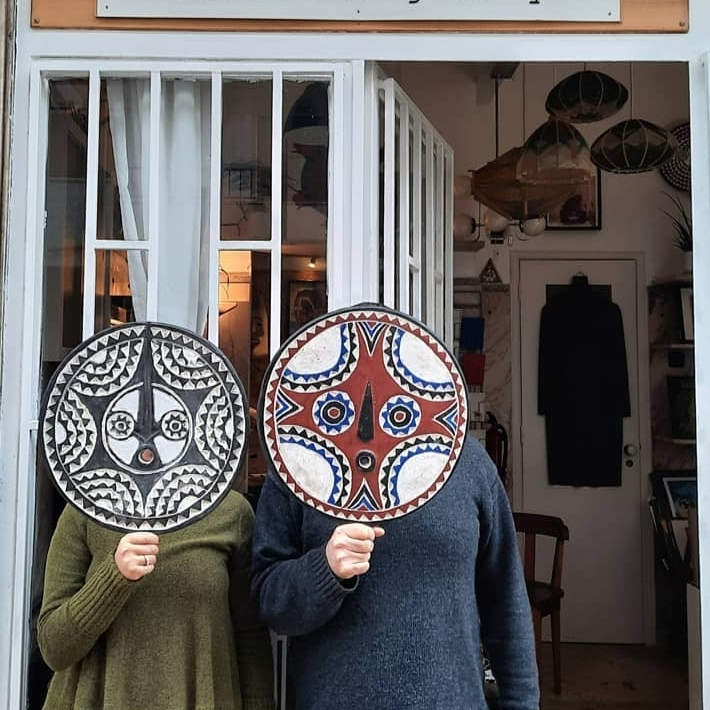
Lisboa, Portugal
ethiCollective promotes art, fair trade, and sustainability through their online store and their gallery in Lisbon. Their collective brings together artists and artisans from around the world and includes people from indigenous and traditional communities as well as photographers and visual artists that raise awareness about environmental and social issues. ethiCollective aims to enrich the lives of the people who create and produce their products and the people who choose them. They intentionally keep low margins to ensure joyful, conscious, cultural experiences are accessible for all.
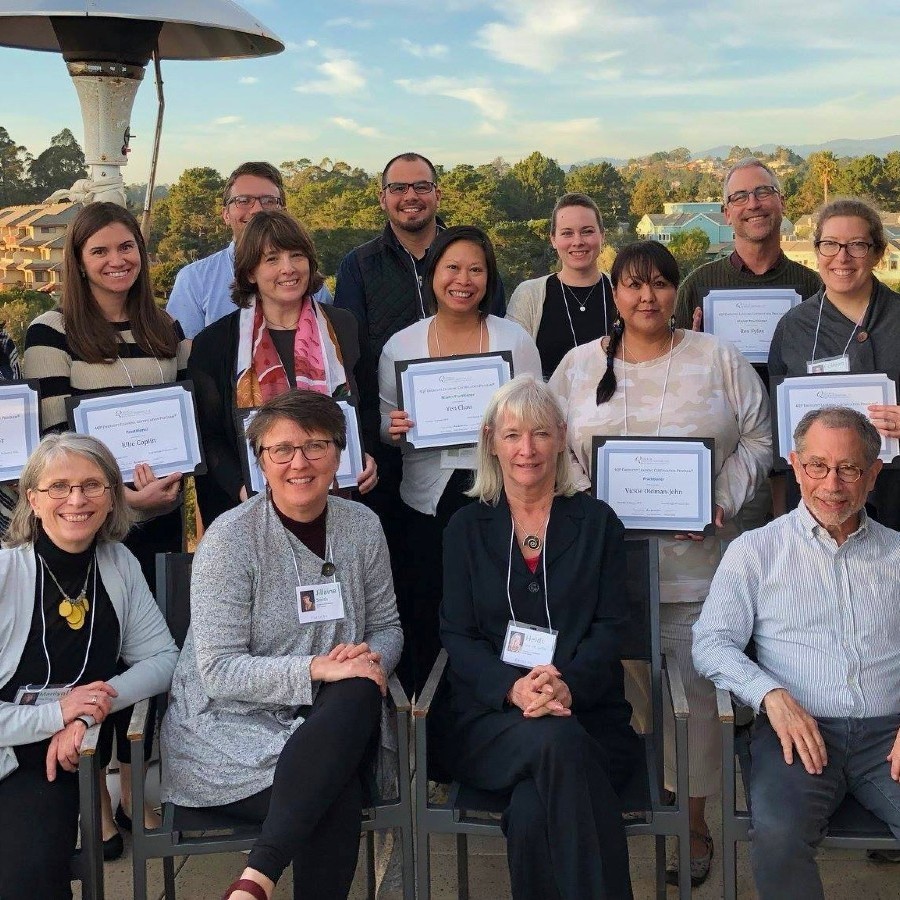
Santa Fe, New Mexico, United States
Fourth Quadrant Partners (4QP) helps social innovators, organizations, collaboratives and networks use the principles and tools of emergent learning to accelerate, deepen and institutionalize their ability to learn from their work and improve their ability to achieve their goals, even in the midst of unpredictable challenges. Their unique approach was developed through years of research and practice and the recognition that a community with clear intent and a structure to support learning together can learn and accomplish far more than any individual could learn and accomplish on their own. 4QP works with funders and nonprofits that want to design for emergence, integrate strategic thinking and rigorous learning into every aspect of their work, and catalyze network learning for impact. They also support a growing community of Emergent Learning Certified Practitioners around the world. 4QP reinvests profits in program innovations, research, honoraria, discounted and pro bono services, and donations to social initiatives.
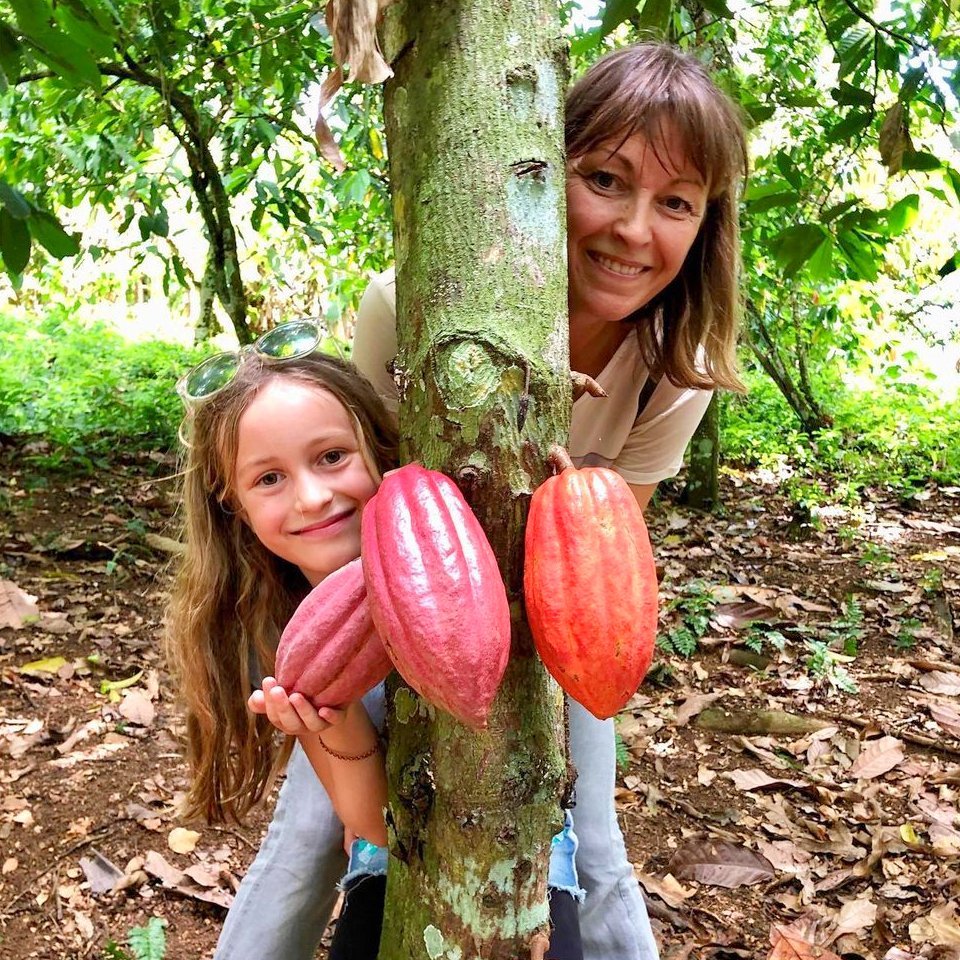
Perth, Scotland, United Kingdom
Chocolate and Love produces award-winning organic and fair trade chocolate at an affordable price. Their cacao is sourced directly from Fairtrade certified cooperatives in Panama, Peru, the Dominican Republic and Madagascar. A study on the effects of fair trade on cocoa farmers and workers found that certification increases annual wages by about 160 percent. The farmers are also able to use the fair trade premium to invest in improvements on their cacao farms and community projects, like road construction and water supply. Chocolate and Love is committed to environmental responsibility. They use Forest Stewardship Council certified paper from responsibly managed forests for their outer wrappers, and the inner wrappers are plastic free and home compostable. Since 2010, they have been partnering with WeForest to plant trees in Ethiopia and Tanzania. Chocolate and Love has Fairtrade International, EU Organic, and Bio Suisse certification.
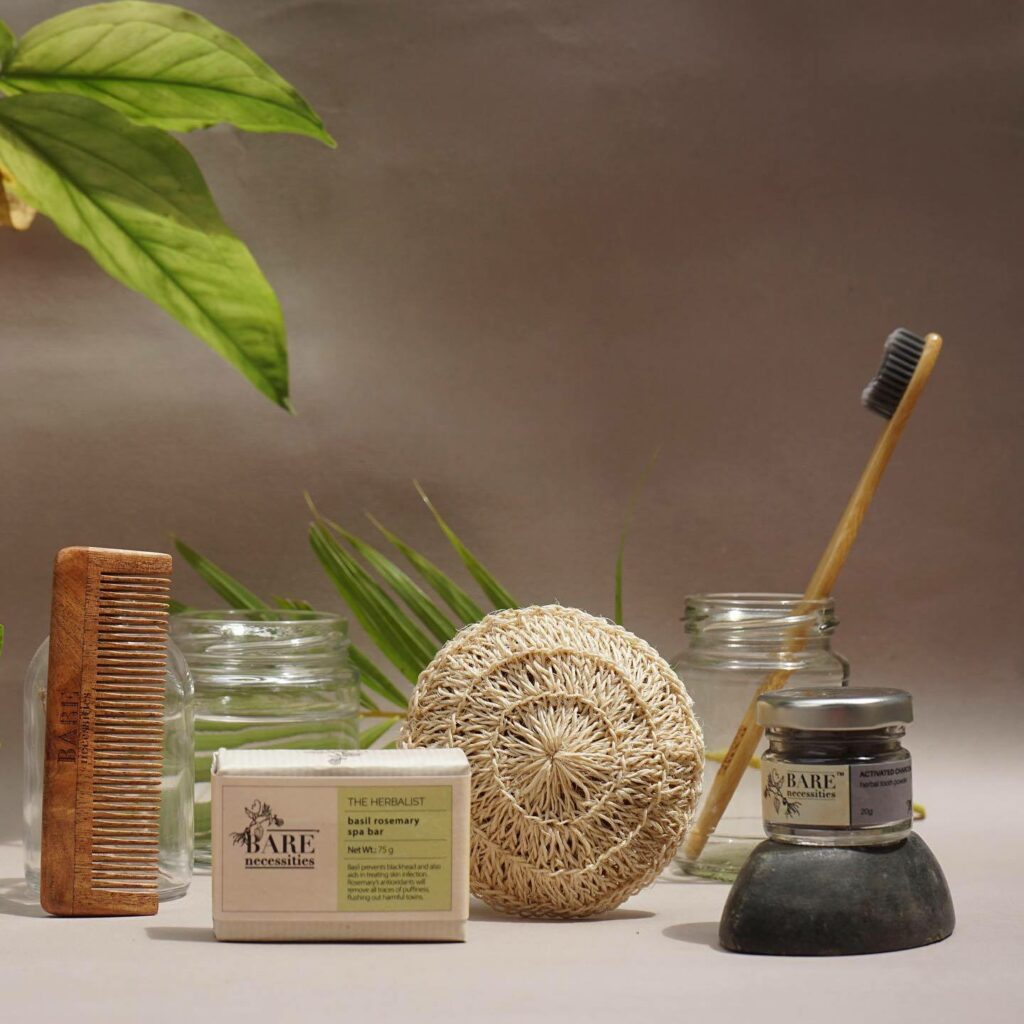
Bengaluru, Karnataka, India
Bare Necessities aims to change the narrative on waste in India by inspiring people to think consciously about their impact and making it easier for them to reduce their waste and live more sustainably with nature. They produce zero waste personal care, home care, and lifestyle products, create starter kits for people just beginning their zero waste journey, and offer waste audits, sustainability consulting services, talks, workshops, webinars, online courses, books, games, and other educational materials. Bare Necessities products are handmade in India from organic, natural, and fair trade local ingredients. They follow a cradle-to-cradle approach for every product from design to manufacturing to distribution. Products are packed in reusable glass jars with recycled paper labels, wrapped in cloth scraps from their local tailor and paper scraps from their printer, and sealed with paper tape. Bare Necessities partners with other organizations working towards environmental change including Maruvan, Hasiru Dala, Count Us In, and Daily Dump.
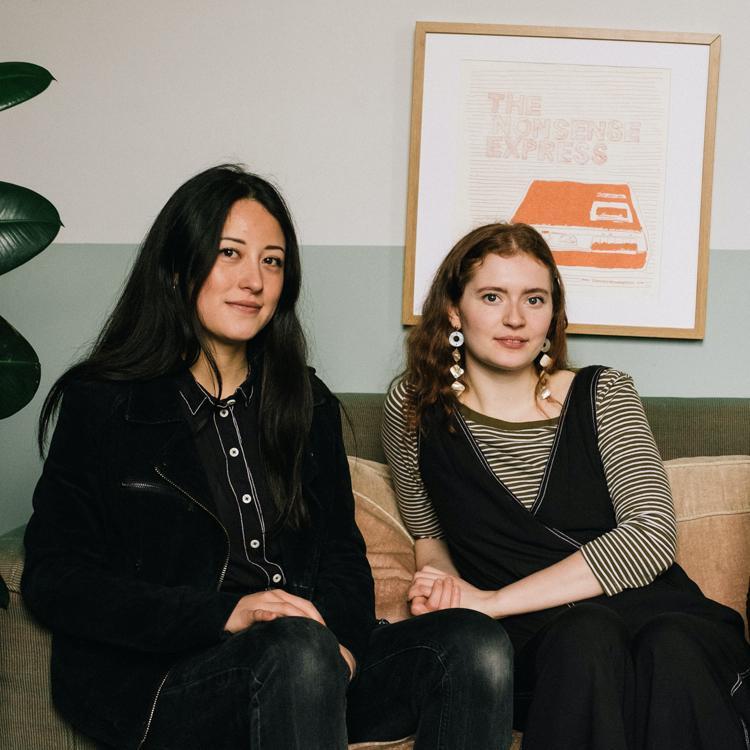
London, England, United Kingdom
Birdsong is a “no sweatshop, no photoshop” fashion brand for people who dress in protest–against fast fashion, against the obsessive pursuit of trends, and against the systematic abuse of women in the production line. They create original wardrobe staples that are ethical, sustainable, and made in the United Kingdom by women who face barriers to employment. Birdsong produces in partnership with a variety of women’s organizations, from refugee seamstresses to octogenarian knitters, and pays a London living wage. They use discarded fabrics that would otherwise go to landfill, compostable textiles like GOTS certified organic cotton, OEKO-Tex certified bamboo, and Tencel, and reclaimed fibers like recycled polyster. Packaging and order fulfillment is done by Mail Out, a social enterprise that provides training and living wage work for adults with autism or learning disabilities. Birdsong thinks all bodies are good bodies. They offer a wide range of sizes and show the friends and activists who model for them as they are, with no airbrushing.
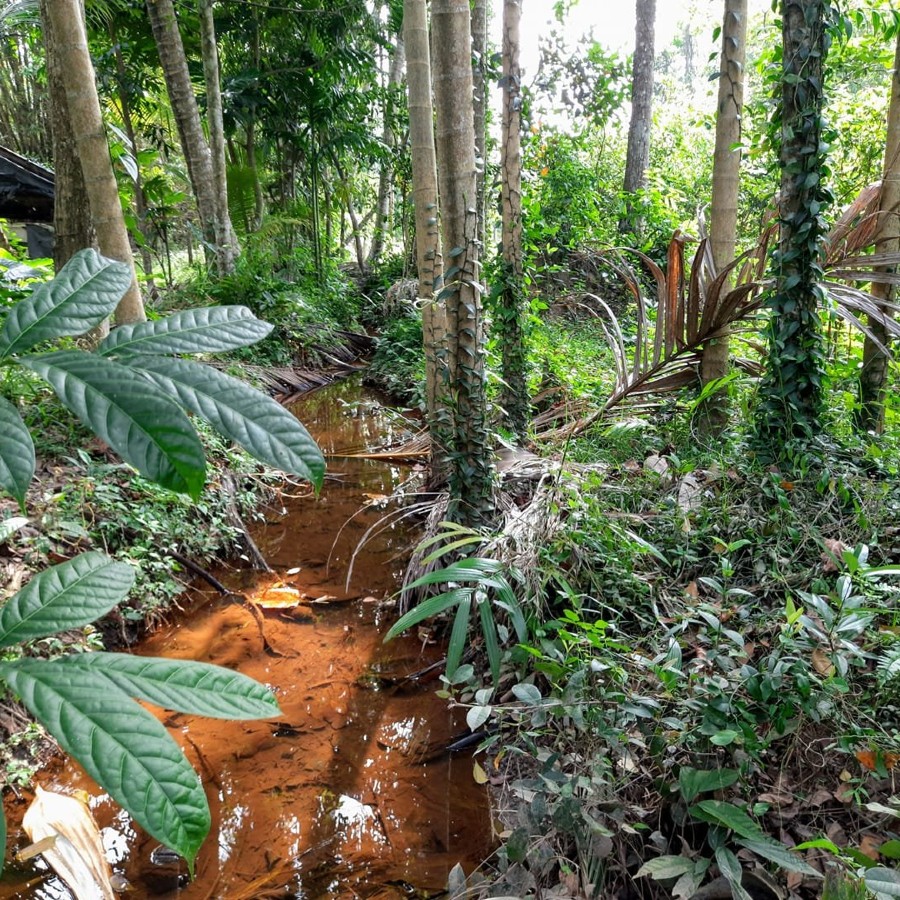
Thalammehera, Sri Lanka
Danansooriya Home Gardens is a collective of environmentally conscious gardening enthusiasts that aims to create a culture of sustainable gardening based on native plants, organic practices, and groundwater recharge. They provide consultation services for medium and large scale landscaping projects and free advice to anyone that is interested in growing their own food and gardening in ecological balance with the local environment. Over the past decade, they have created a culture of sustainable gardening in their own local community, and they are now spreading this approach to other areas. Danansooriya Home Gardens does not use any synthetic fertilizers, pesticides, hormones, or other agrichemicals. They store fresh water in a series of ponds which raise the water table and provide water for irrigation. Fresh water fish are able to move between the paddy fields and the pond system, feed on pests, and fertilize the soil. Flowering plants and foliage are used to attract butterflies, bees, birds, and bats, the “4Bs.” The team provides free weekly classes for children in the village to develop the next generation of environmentalists and offers a range of natural food products to raise awareness and ensure that systems are self sustaining.
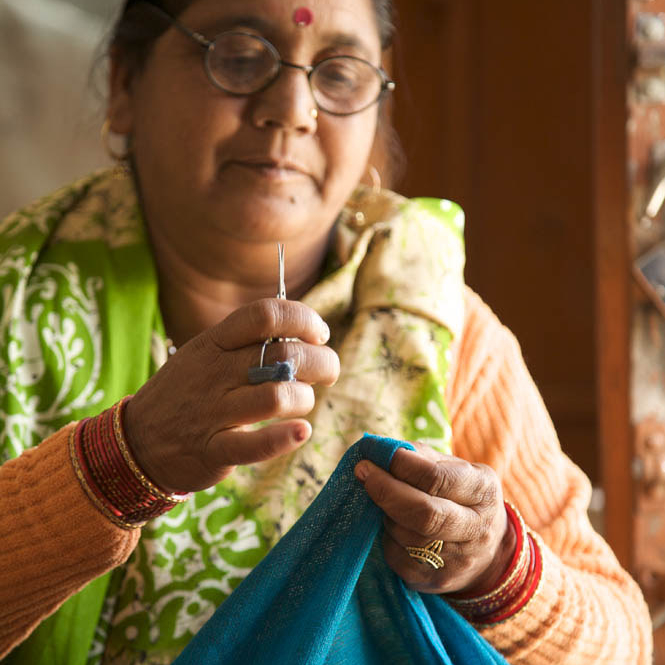
South Gola Range, Uttarakhand, India
Kilmora is a brand developed by Kumaun Grameen Udyog, a rural development social enterprise that works with hill communities in the Kumaun Himalayas. They offer handwoven and handknit clothing, accessories, toys, and housewares from local artisans and apricot kernel skincare, cold pressed flaxseed oil, fruit jams, chutneys, and naturally grown grains, legumes, herbs, spices, and other agricultural products from local farmers. Kilmora aims to maximize returns to rural producers through local value addition and year-round income generating opportunities. Extracting oil and scrub from apricot kernels, for example, transforms a waste material into a valuable resource. Products are sold through their own retail outlets in Uttarakhand and partner retail outlets and online stores throughout India. A portion of profits are used to support community development projects including a rural hospital and primary school developed by the Central Himalayan Rural Action Group (CHIRAG). Kilmora is certified by Craftmark and is a member of Fair Trade Forum India and the All India Artisans and Craftworkers Welfare Association (AIACA).
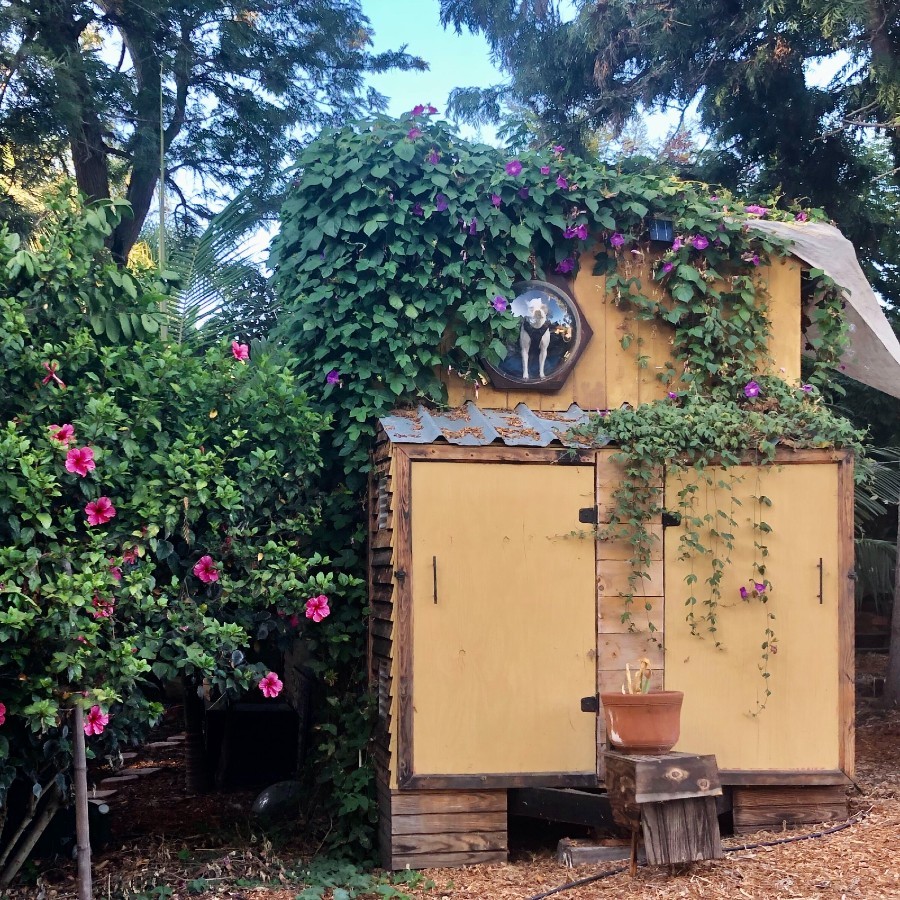
Encinitas, California, United States
Corona Enterprises is an emerging regional multi-stakeholder cooperative that aims to eliminate poverty and regenerate our ecosystems. Their mission is to design and implement regenerative technologies that produce nutritious food, sanitary and living water, renewable and clean energy, net positive affordable housing, appropriate and compassionate healthcare, stimulating education, and other basic necessities. Corona Enterprises is currently raising funds for a cooperatively owned solar photovoltaic and battery storage farm in San Diego County. They have been providing sustainability consulting services and partnering with mission aligned organizations and initiatives since 2010. As part of these past projects, they offer salvaged wood from end of life trees, REGENiSYS organic plant fertilizer, and The Tiniest House, a research and development project on small footprint living that is available for overnight stays. Corona Enterprises uses proceeds from paying clients to provide pro bono consulting and discounted services to those who cannot afford to pay.
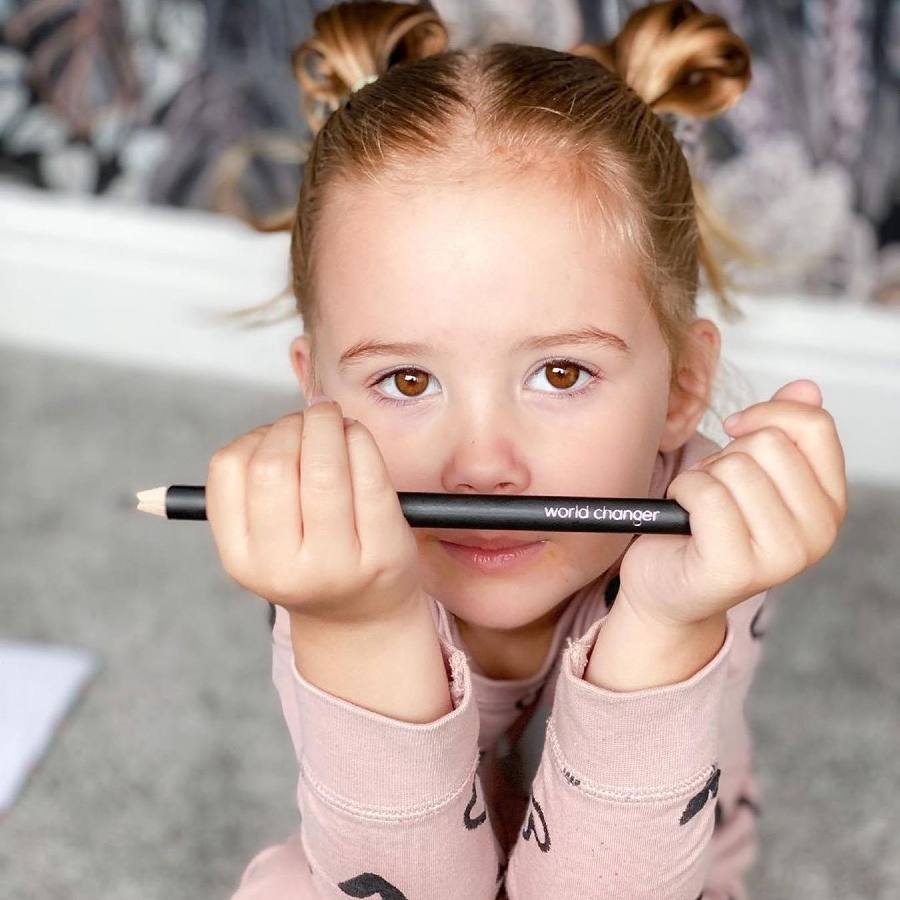
Buckinghamshire, England, United Kingdom
Stib designs positive products to ignite creativity and spark conversations with children about the things that really matter. Stib coloring pencils are each embossed with a different word to inspire young minds to think about the way they look at the world. Downloadable stories and coloring sheets are available for each of the words and the Stibler associated with it. Stiblers are a secret group of animals that live all around us. Grown-ups can’t see or hear them, but they pop up to help children whenever needed. Stib also offers activity packs, posters, and color-in greeting cards. They donate pencils and sharpeners through food banks to vulnerable young people and contribute ten percent of pre-tax profits to Spark-All, an outreach program to unleash the creative potential of all children.
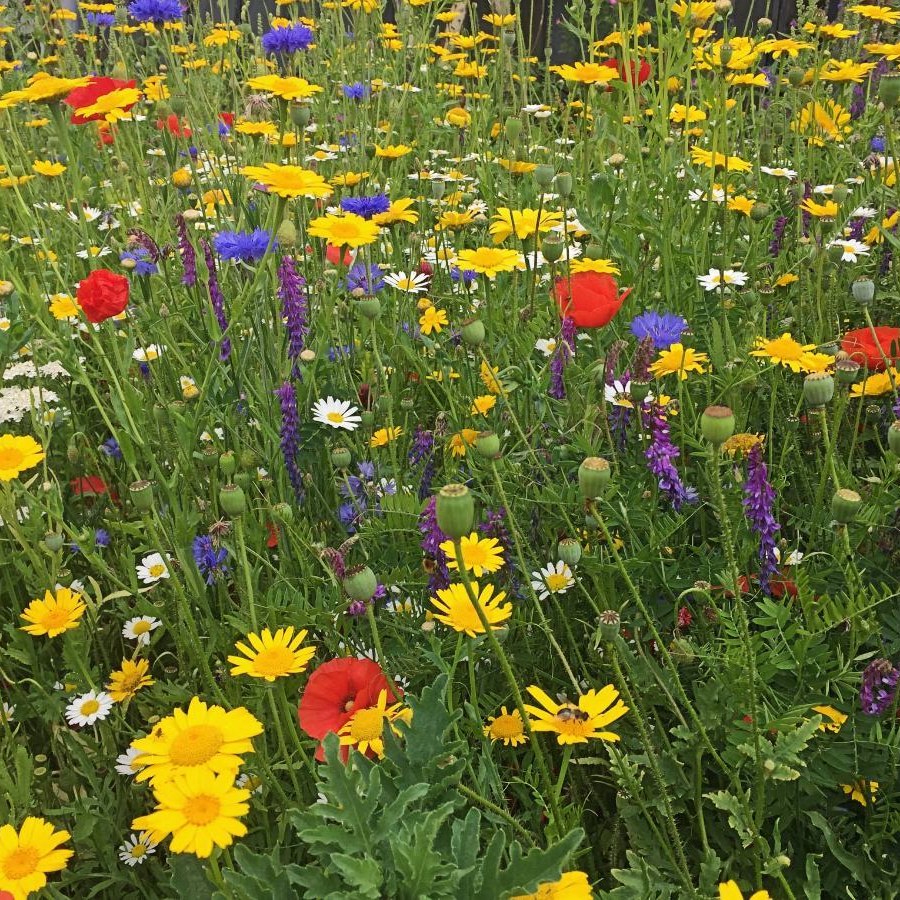
Burtle, England, United Kingdom
Seed of Hope provides an alternative to the mental health industry. They help people with mental health problems change their lives through recovery based social and therapeutic gardening. Being outdoors in nature, increasing exposure to natural light, nurturing living plants, gentle exercise, and working together for a common cause have all been been shown to support mental health. Seed of Hope participants manage community garden spaces, offer gardening services, and sell packets of English native wildflower seeds and herbal teas. All packaging is made from compostable or recyclable materials. Participants also coordinate recovery groups where people can share experiences and stories and provide mutual support and witness. Seed of Hope is registered as a not-for-profit Community Interest Company and operates as a cooperative. Profits are reinvested to expand services, and volunteers and participants have the option of becoming a member with equal voting power. Seed of Hope is a member of Grow for Good, Feed Avalon, Sustainable Life Designs, and other mission aligned networks.
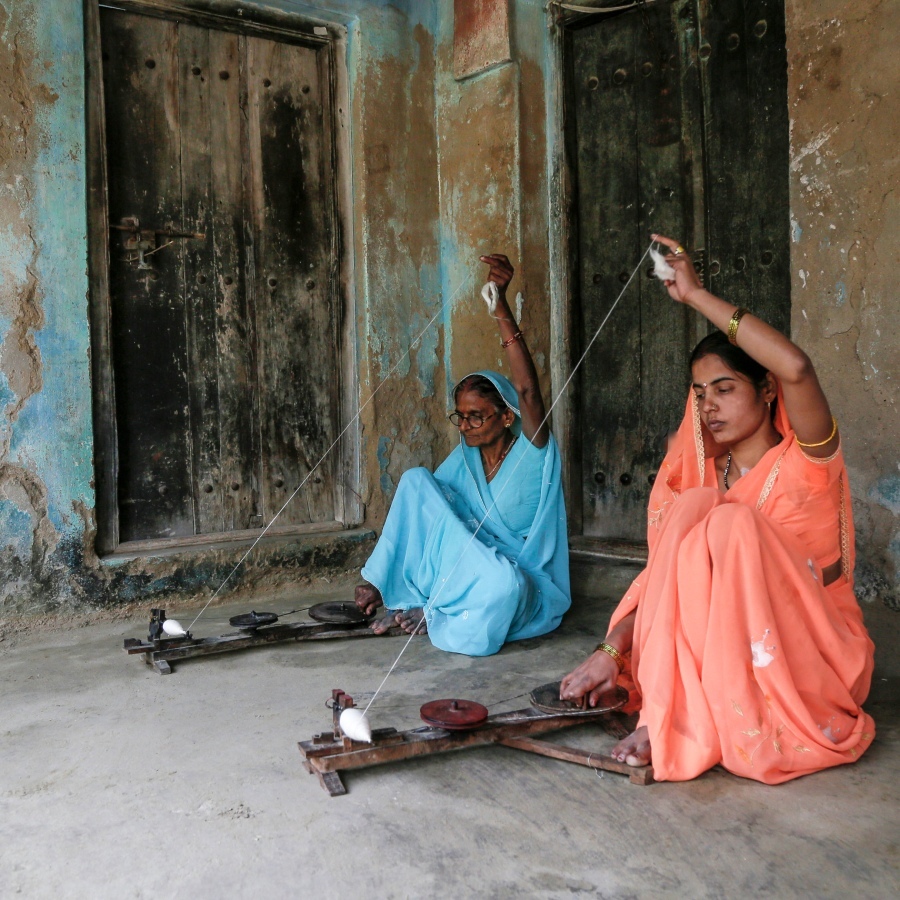
Patna, Bihar, India
Bun.Kar Bihar is the retail brand of Srijani Foundation, a nonprofit that was started to revive, promote, and sustain handspun and handwoven textiles in the state of Bihar and encourage the return of migrant weavers to their traditional craft. They focus on using natural local materials, reviving traditional skills, and promoting appropriate technologies and environmentally responsible processes. This includes hand spinning yarn on kisan charkha, a traditional wooden spinning wheel, preserving traditional weaves like extra weft Baavanbuti motifs, and incorporating embroidery and applique techniques like Sujni and Khatwa. Their saris, fabrics, stoles, dupattas, cushions, towels, and other housewares are available online and through their partners. Bun.Kar Bihar is committed to long term relationships, capacity building, and fair prices for hand-spinners, weavers, and embroiderers and is a member of the Creative Dignity movement.
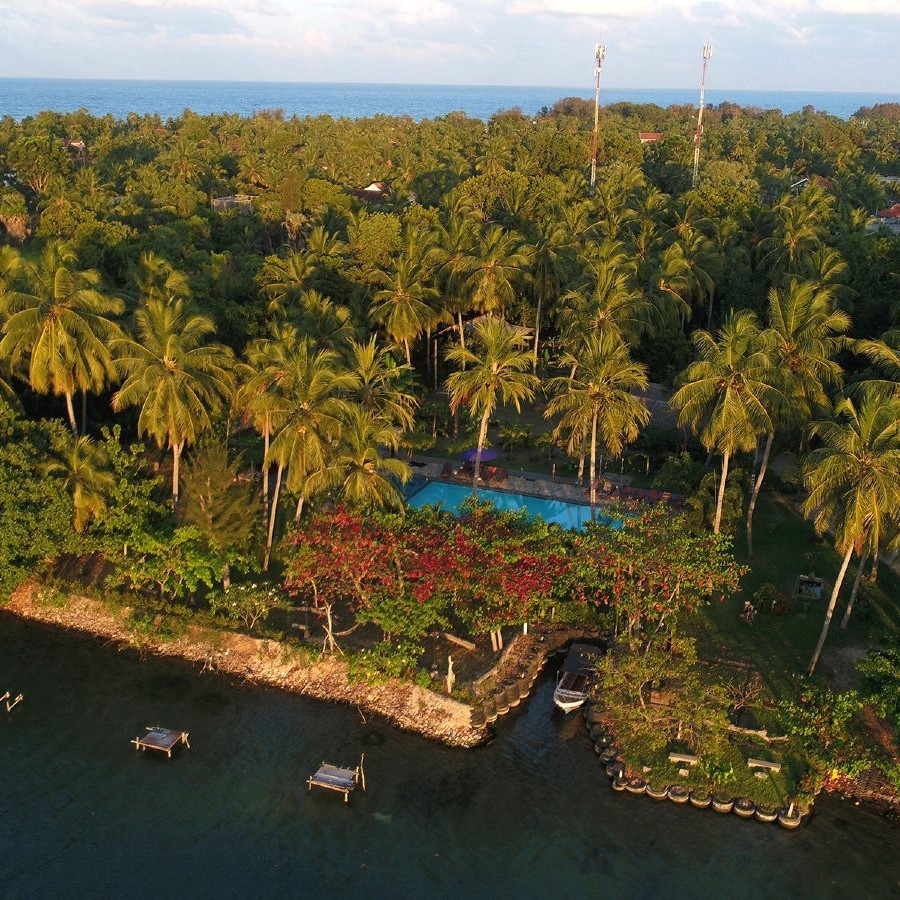
Batticaloa, Sri Lanka
Riviera Resort offers environmentally responsible accommodation and dining along the Kallady Batticaloa lagoon on Sri Lanka’s east coast. The property was developed as an aboretum since 1981, and now contains more than one hundred species of trees and plants and many varieties of birds. They were one of the first hotels to develop a biogas plant to digest kitchen waste and provide cooking energy. Garden waste is used for compost or is turned into charcoal through pyrolysis and mixed with the biogas slurry to produce biochar. The compost and biochar are used onsite to grow fresh produce using organic techniques. The restaurant sources as many ingredients locally as possible. They offer free drinking water refills and have phased out plastic straws. Riviera Resort is solar powered and has the first electric vehicle charging port in Batticaloa. Local organizations and government department often bring groups to the site to raise awareness and demonstrate environmentally responsible practices. Profits are used to improve operations and services, provide staff training and benefits, and support the development of local schools. Riviera Resort is a member of the local hotel owners association and the beach cleaning community.
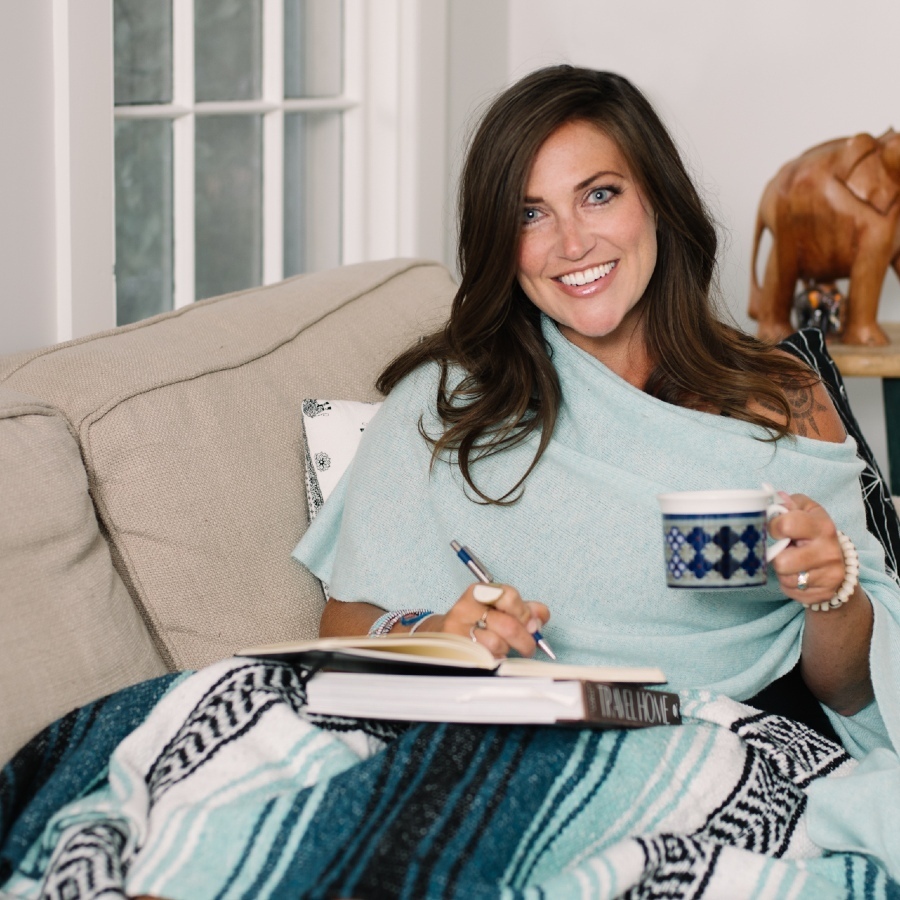
Kennebunkport, Maine, United States
Ashley Davis Collective offers coaching, consulting, workshops, and training to companies, social intrapreneurs, and changemakers who want to contribute to a better future at the intersections of business and society, our planet, our work, and our lives. They focus on enabling a new kind of courageous leadership in business that is based on compassion, curiosity, creativity, and consciousness. The vision is a world where work and life is purposeful and fulfilling and corporate responsibility and sustainability departments no longer need to exist because ecosystem thinking and values-based leadership have been integrated across companies. Ashley Davis Collective uses a percent of proceeds to provide pro bono or deeply discounted coaching for social entrepreneurs and changemakers who cannot afford their services. They are part of the Aspen Institute, Soles4Souls, and the Torrey Project.
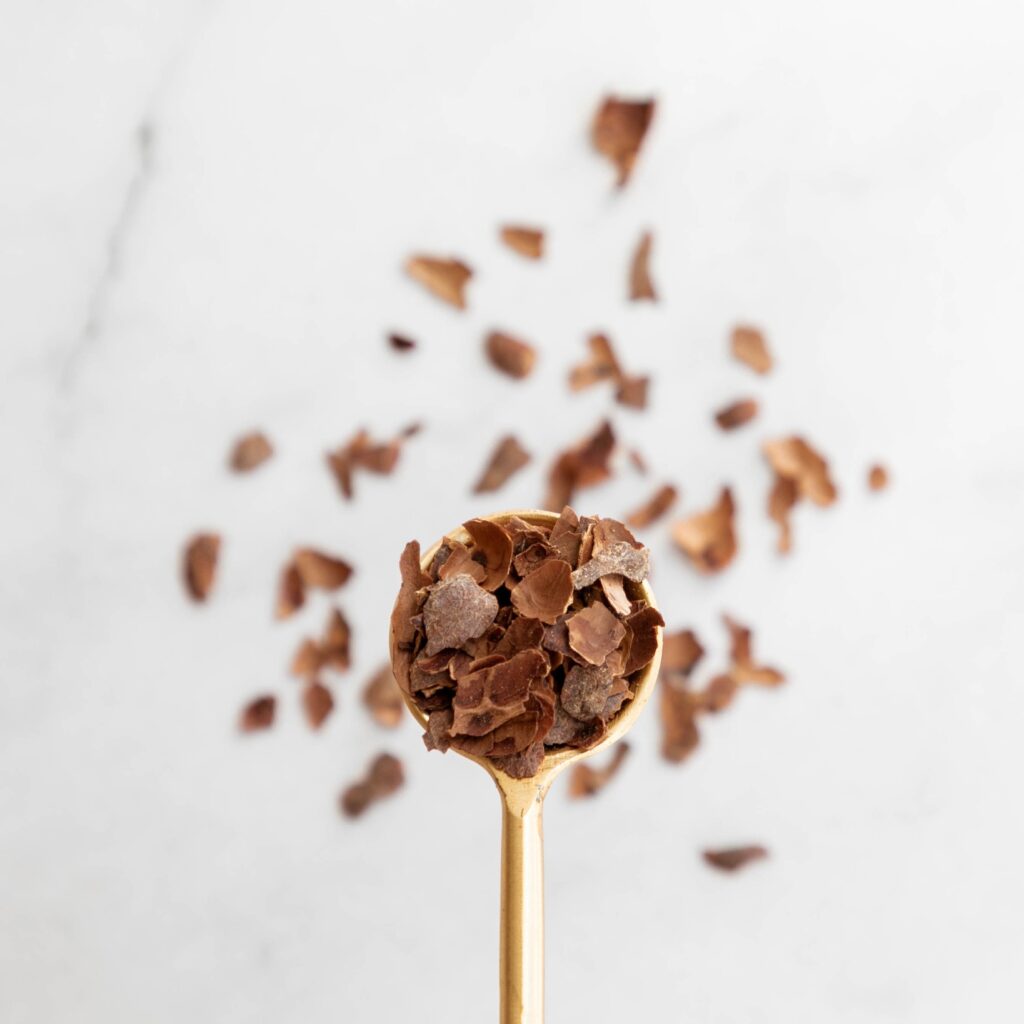
Beaconsfield, England, United Kingdom
Tea in the Moment offers organic cacao infusions made with the outer shell of cacao beans and other natural ingredients. For every metric ton of cacao bean produced, there are ten tons of cacao shells left over as waste. Tea in the Moment uses these shells to reduce food waste and provide a healthy, sugar free and caffeine free alternative to traditional hot drinks. Cacao tea provides the flavor and functional health benefits of quality dark chocolate including theobromine, antioxidants, magnesium, potassium, and other vitamins and minerals. In addition to original cacao, Tea in the Moment produces blends of cacao with organic coconut, mint, rose, lavender, orange, or chai spice. Their loose leaf infusions are available in compostable, plastic free packaging. Tea in the Moment is a member of the Zero Waste Goods community and supports mental health causes.
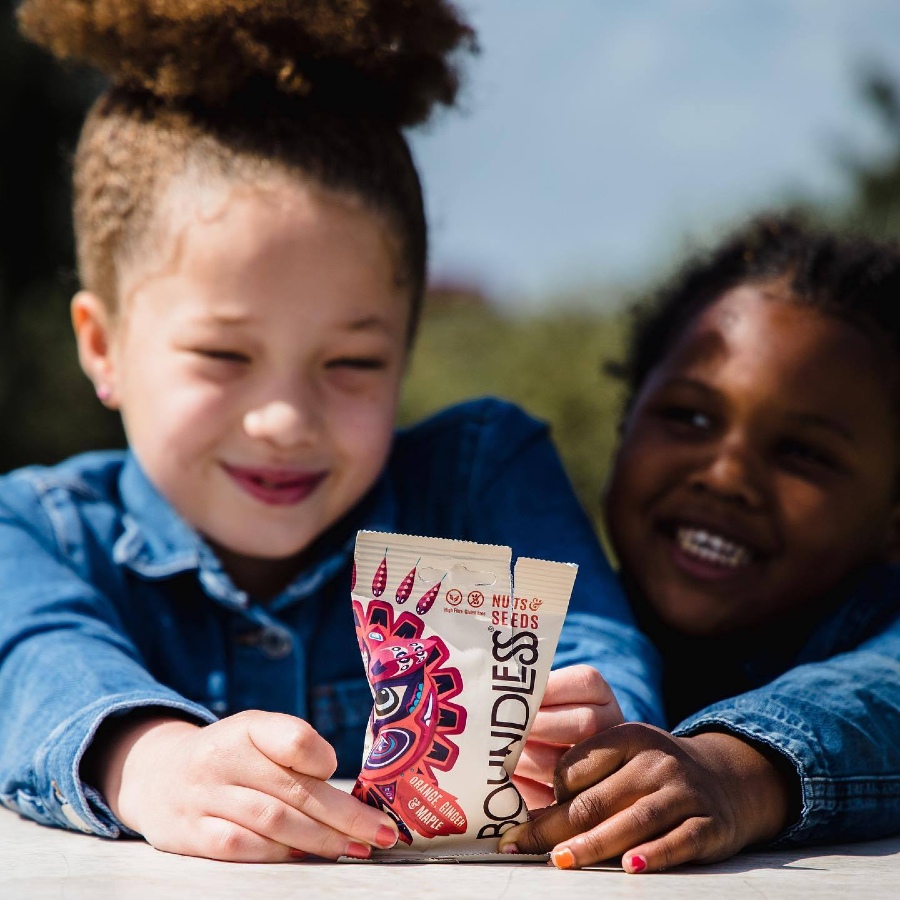
Bristol, England, United Kingdom
Boundless produces healthy, flavorful activated snacks made from all natural ingredients. High fiber foods like nuts and seeds contain phytic acid, which binds to minerals and nutrients and reduces their absorption rate. Boundless drenches their nuts and seeds in saltwater to start the germination process, soaks them to remove the phytic acid and protective enzymes, and bakes them with a mix of herbs and spices. This activation process increases the bioavailability of nutrients and nutritional value and improves digestion. Boundless snacks are vegan, gluten-free and available in turmeric smoked paprika, cayenne rosemary, tamari aleppo, and orange ginger maple. Nuts and seeds require quite a bit of water to grow, so Boundless gives back by donating four percent of revenue each month to Frank Water, a Bristol-based charity that funds safe drinking water initiatives in India and Nepal.
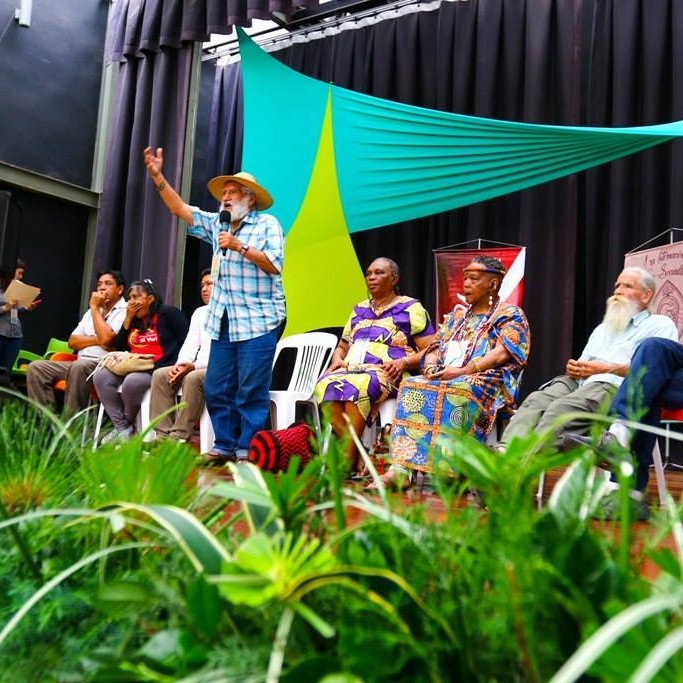
Delhi, New York, United States
Ecosocialist Horizons promotes a vision of a transformed society in harmony with nature and supports the global movement and practices to attain it. They share news and analysis on ecosocialist topics, educate members to support creative practical action, and organize events, actions, and convergences through networks in the Americas, Africa, and Asia. The focus is on moving beyond a capitalist system that is based on infinite expansion through the exploitation of labor and the ransacking of nature. Ecosocialism is guided by the life-ways of indigenous peoples whose economies are embedded in a classless society in fundamental unity with nature. It draws upon the wisdom of the ages as well as the latest science to bring a new society into existence. Ecosocialist Horizons distributes “Truth and Dare: A Comic Book Curriculum for the End and the Beginning of the World” and other educational materials on a sliding scale according to abilities and needs.
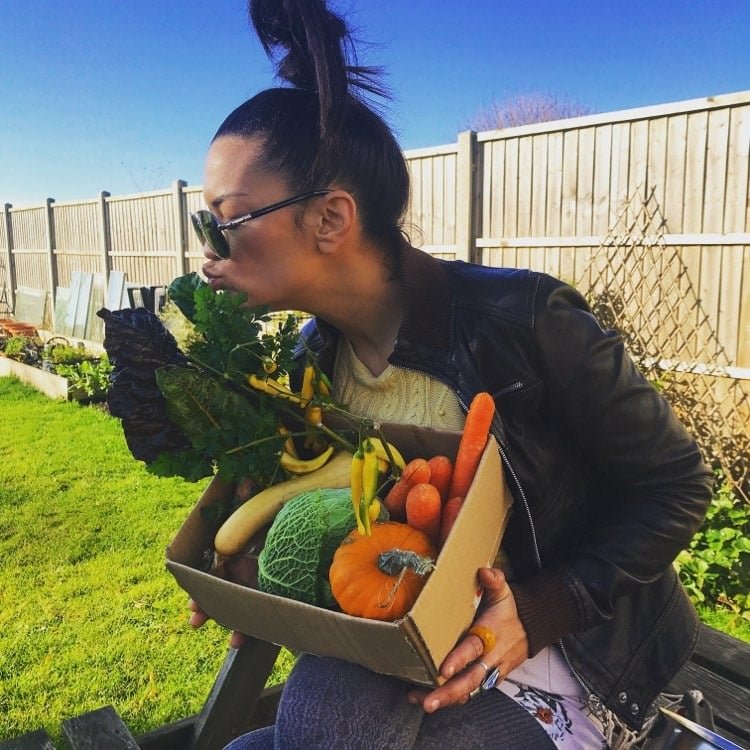
Buckinghamshire, England, United Kingdom
The Ja Joint by Carly Day helps people experiencing food poverty in the United Kingdom and raises awareness about how to cook healthy flavorful food on a budget. Their Jamaican spice dinner kits teach people how to create eight meals using natural, gluten free spices. Vegan recipes are available. Each purchase includes two kits, one for the buyer and one for someone in need. The Ja Joint partners with food donation organizations in Northamptonshire to distribute the kits and help people cook good food for less money. They aim to break the myth that eating healthy is expensive. The Ja Joint is registered as a community interest company and is a member of Social Enterprise UK.
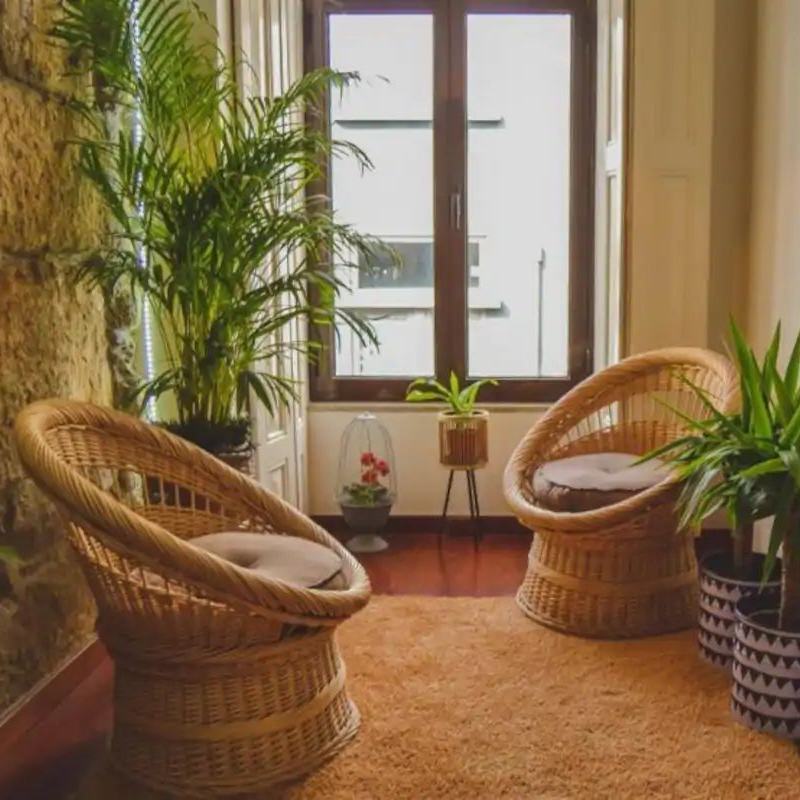
Nottingham, England, United Kingdom
Try Hypnosis offers professional online hypnosis sessions on a pay-what-you-can donation basis so that everyone can experience the benefits of hypnotherapy regardless of their financial situation and location. Hypnosis is a natural trance-like relaxed state that can be experienced during periods of deep focus or meditation. A clinical hypnotherapist is trained to help people enter this state, relieve anxiety, anger, stress, depression, abuse, trauma, addiction, pain, PTSD, and phobias, and address confidence, motivation, and clarity issues. Robert (Robito) Chatwin is a student of Vipassana meditation, trained with Karl Smith of the UK Hypnosis Academy, and is currently training with the American School of Clinical Hypnotherapy and the American International Association (AIA) of Hypnotherapy. He combines hypnotherapy with skills in teaching, meditation, languages, and psychology. Payments and donations make it possible to expand outreach to people that cannot afford to pay. Try Hypnosis offers a free Sunday morning meditation group and an online channel to raise awareness about the benefits of hypnosis for the body and the mind.
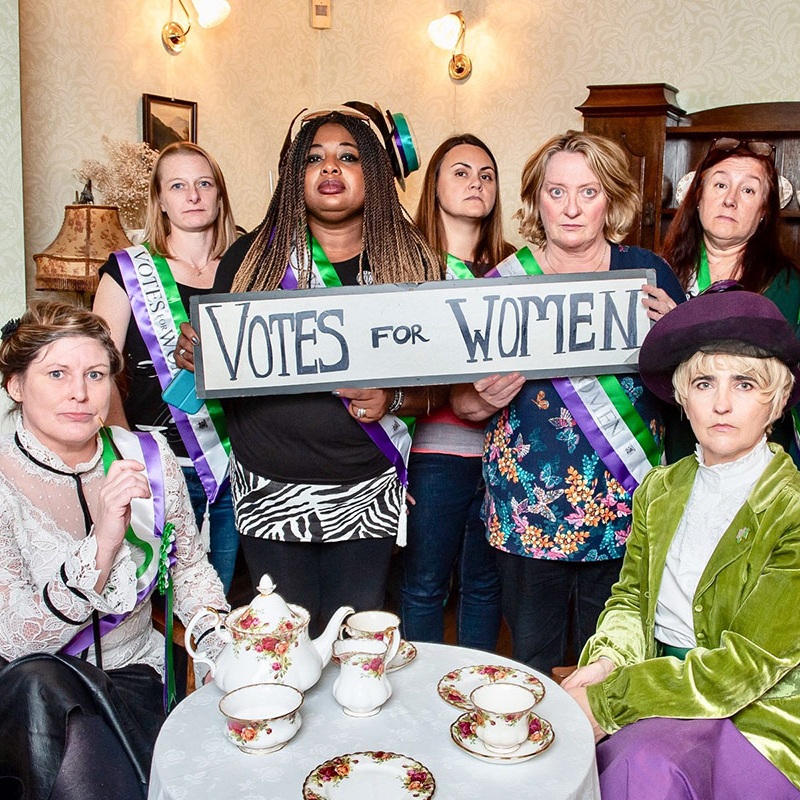
Manchester, England, United Kingdom
The Peoples Hub is an online solutions platform that aims to build lives and catalyze change through empowerment and digital communication. The platform makes it easier for people to connect, access help, and provide support with full transparency and accountability. They also offer consulting services related to search engine optimization, social media campaigns, and event management. The Peoples Hub brings people together around hunger, health, education, gender equality, homelessness, debt, energy, and other issues to address root causes and break the cycle of poverty. They are registered as a Community Interest Company.
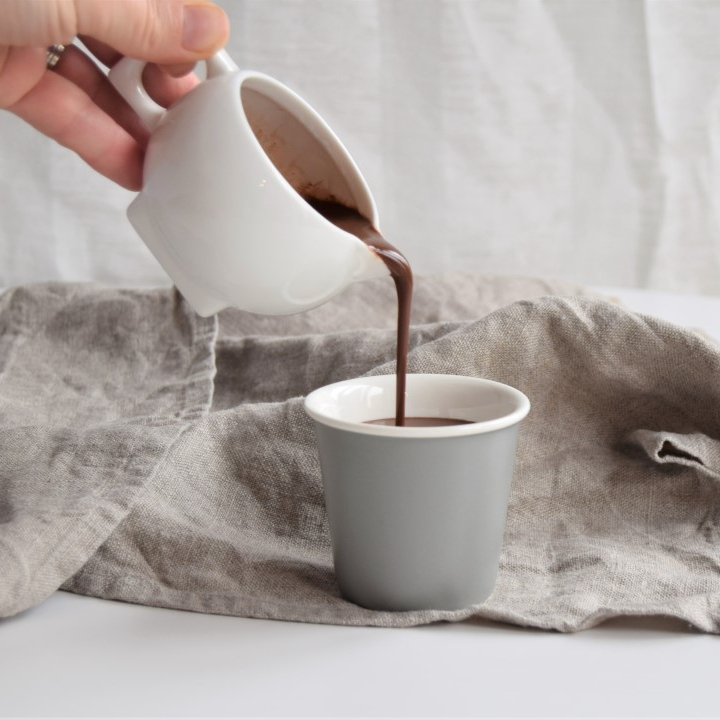
Llanidloes, Wales, United Kingdom
Calm Cocoa offers specialty hot chocolate and chocolate meditation workshops designed to create moments of mindfulness and connection. The founder is a chocolate taster and meditation teacher and sees a natural connection between the two. Tasting involves using all of the senses in a focused way similar to the tradition of mindful eating meditation. Dark chocolate is ideal for exploring mindful eating because of its complex flavor profile and the opportunity to reflect on our connection with where food comes from and the people that nurture, grow and make it. Calm Cocoa sources from two ethical and environmentally responsible chocolate suppliers, Pump Street Chocolate and Chocolat Madagascar. The chocolate is hand grated and mixed with other organic and sustainably sourced ingredients for an easily meltable hot cocoa blend. Products are packed in compostable cellulose stickers and bags and recycled glass jars with cork lids. Calm Cocoa is part of the Zero Waste Goods community.
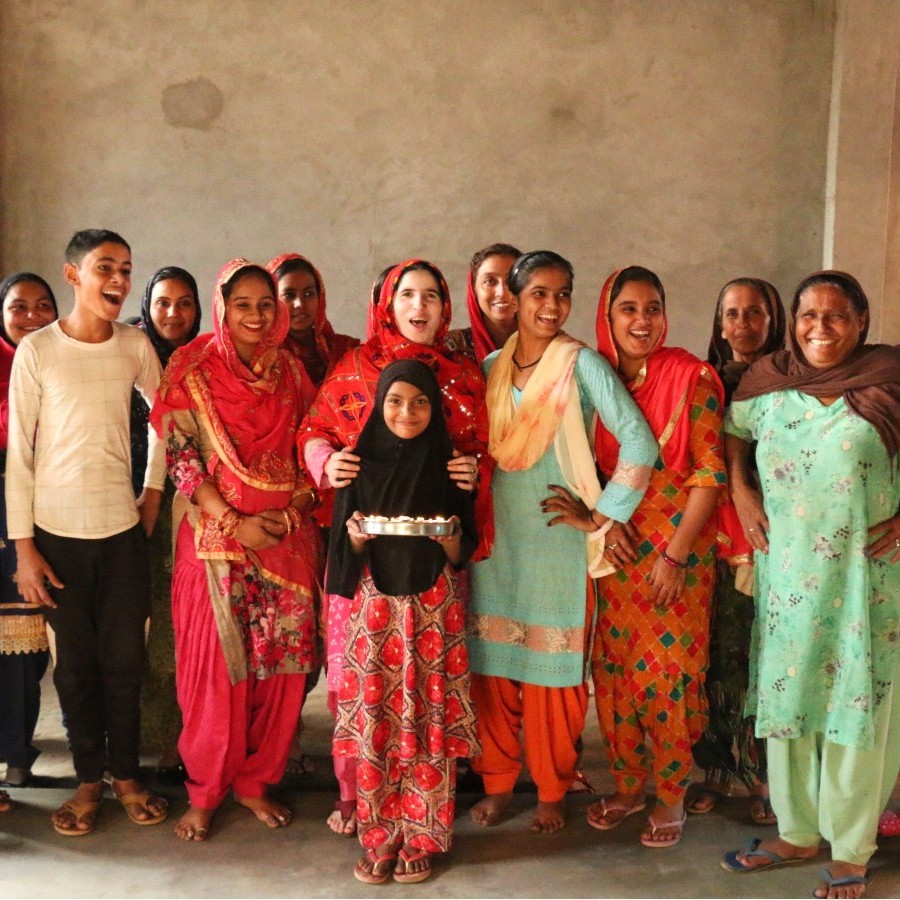
Muzaffarnagar, Uttar Pradesh, India
Sirohi is a brand developed by Skilled Samaritan Foundation to create functional sustainable lifestyle products, provide income opportunities for women from marginalized communities, and contribute to a circular economy. They started by leveraging the existing skills of women in the Muzaffarnagar district in Uttar Pradesh, an area known for early marriage and high crime rates, connecting them with designers and buyers from around the world, and helping them achieve financial independence. Sirohi combines traditional Indian weaves with contemporary design to create unique handmade bags, accessories, furniture, and housewares from natural cotton and jute fiber, salvaged textile waste, and recycled plastic waste. For each handmade product, they calculate the number of hours the artisan spent weaving, the amount of waste material that was upcycled, and the carbon emissions saved. Sirohi is part of the Nest Guild, Female Foundry, Nudge Incubator Program, and other mission aligned networks.
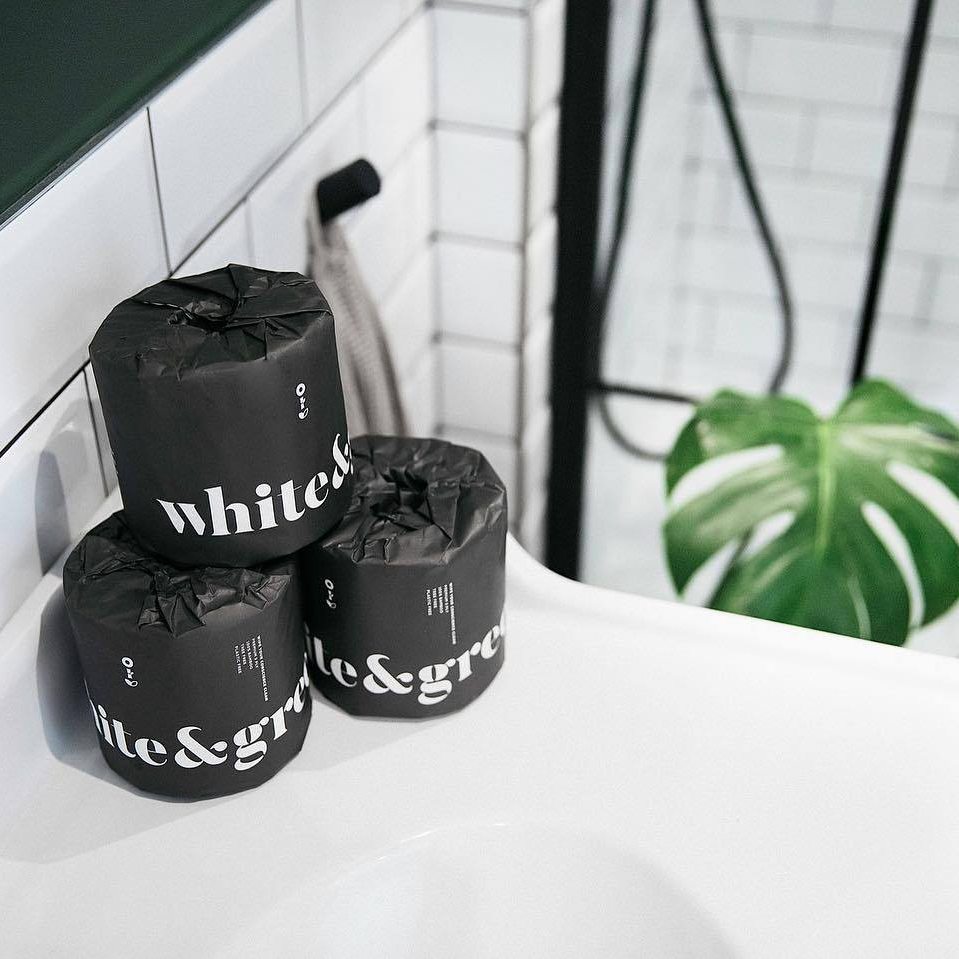
London, England, United Kingdom
White & Green offers bamboo toilet paper that is tree free, chlorine free, and BPA free. More than 27,000 trees are cut down each day to make conventional toilet paper. Bamboo provides a more responsible alternative. It is the fastest growing plant in the world and requires less water than trees. White & Green toilet paper is available through plastic free home delivery. All packaging, including the tape on the box, is made from paper. For every box sold, White & Green provides a year’s worth of clean drinking water to a person in need through their charity partner Drop in the Bucket.
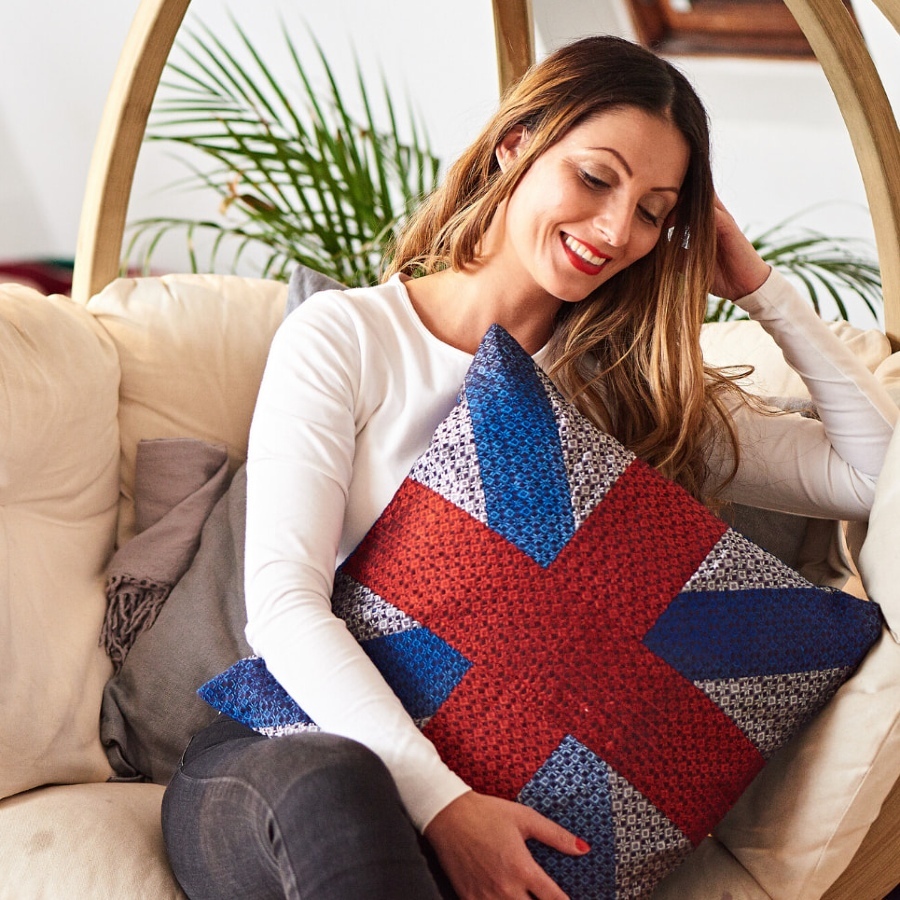
London, England, United Kingdom
Ethiqana offers a curated range of ethical, sustainable products from small-scale artisans that use environmentally responsible materials. They aim to empower artisans through fair and ethical sourcing and make sustainable products more affordable and accessible to consumers. Ethiqana wooden toys are handcrafted by Channapatna artisans from sustainably grown wood, colored with nontoxic plant-based dyes like turmeric, indigo, and acacia, and finished with natural lac resin. Their handmade paper greeting cards are created from local office waste by young adults in Rwanda who have been orphaned by disease or conflict. Ethiqana also offers a unique selection of jewelry and housewares that is handmade from Jaipur blue pottery or Khun handwoven fabric, eco-educational board games from Bioviva, and terracotta space heaters from Egloo. Through a partnership with Buy1Give1, Ethiqana donates a portion of every sale to a project related to the Sustainable Development Goals (SDGs). They are a member of Social Enterprise UK.
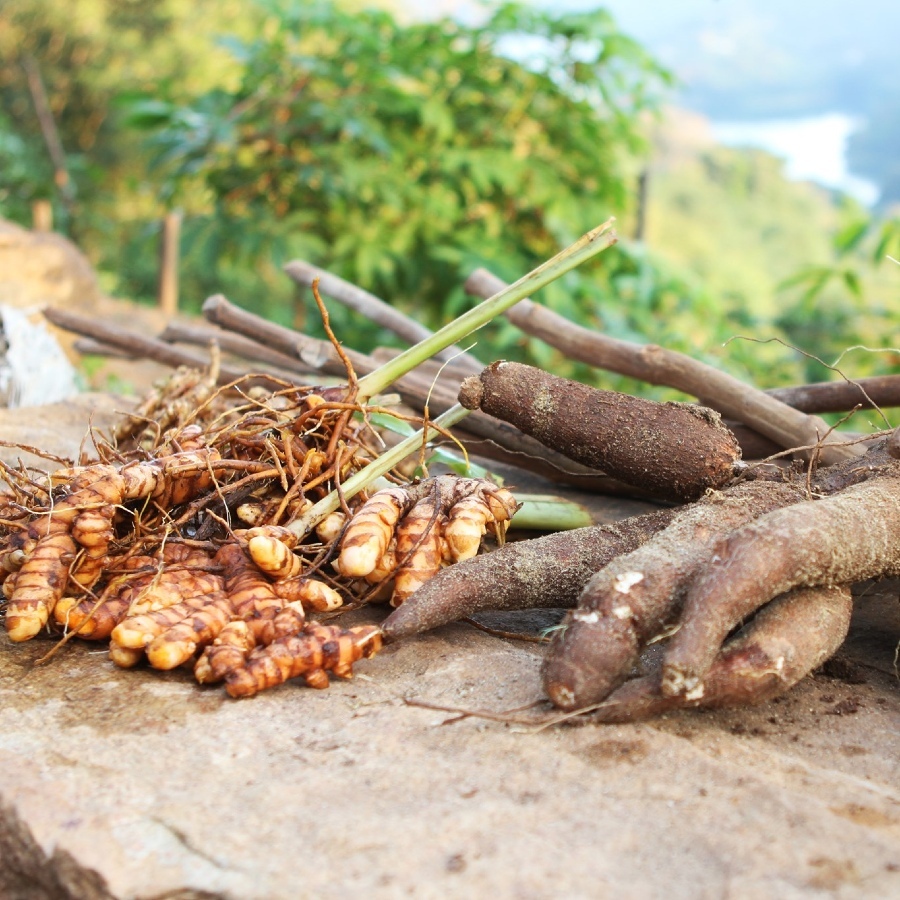
Ilukmodara, Sri Lanka
Gaha-Kola aims to make organic fruits, vegetables, and spices more accessible and affordable. They have seven acres of organic land and forest at Maligathenna Estate in Kandy, and they working with low income families in the surrounding area to help them transition to organic practices. Gaha-Kola has organic spices like ginger, turmeric, cinnamon, and pepper, organic fruits like papaya, guava, lime, banana, passion fruit, tamarind, lawulu, and seasonal upcountry vegetables. They maintain an onsite nursery, practice mixed cropping, use natural inputs like seaweed, fish waste, and neem, have a profit sharing incentive scheme for workers, and contribute to local community service projects. Gaha-Kola is verified under a local organic participatory guarantee system (PGS).
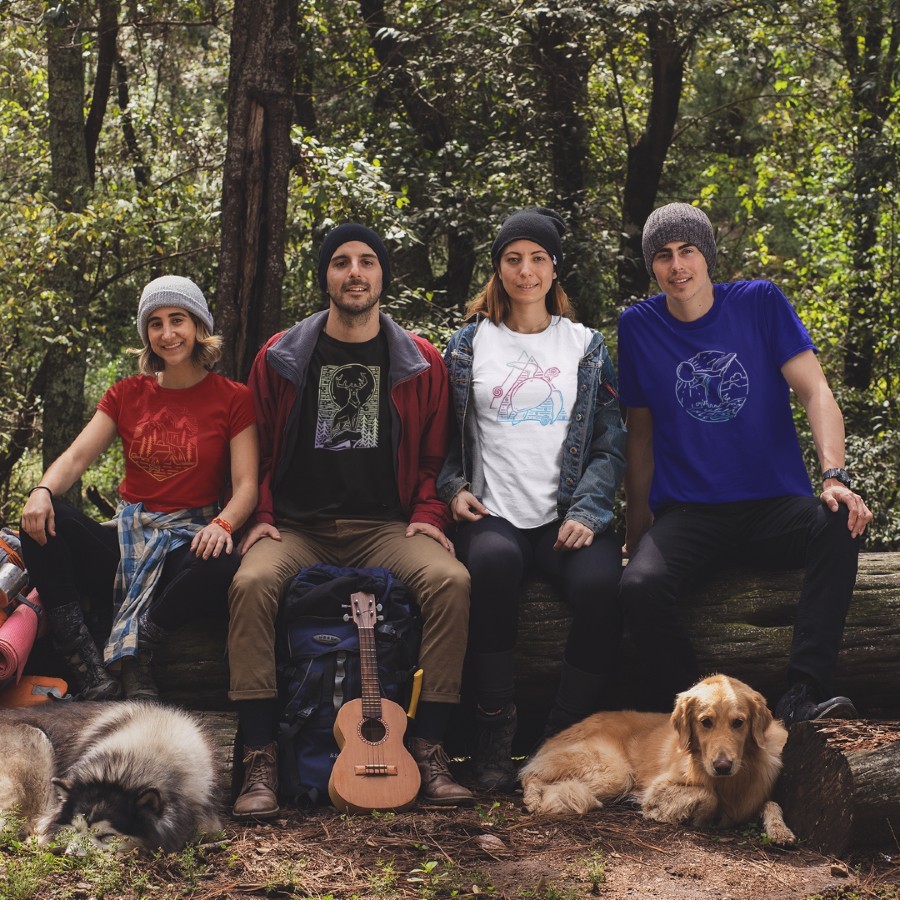
Moratuwa, Sri Lanka
Earth Unleashed was started by three friends with a shared interest in environmental conservation and sustainable fashion. They partnered with a local manufacturer in Sri Lanka to produce affordable everyday clothing with nature inspired designs. Earth Unleashed t-shirts are made from organic certified cotton, printed with environmentally responsible ink, and delivered in biodegradable packaging. Designs feature the local sambar deer, pangolin, sea turtle, and blue whale. Earth Unleashed participates in invasive plant removal, beach cleanups, and environmental awareness campaigns. A percent of sales is donated to the Aththidiya Wildlife Rehabilitation Center and other conservation initiatives.
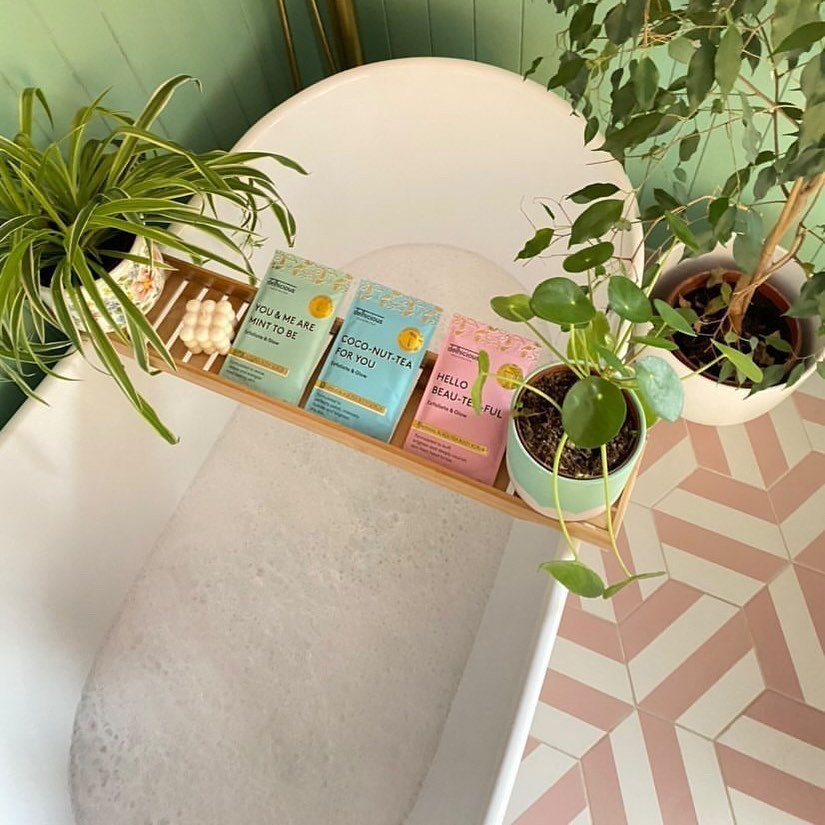
London, England, United Kingdom
Delhicious Body creates vegan, cruelty free skincare from all natural ingredients. They specialize in body scrubs and moisture balms made with caffeine and antioxidant-rich black tea. The formula was developed after the founder experienced dry, painful, and problematic skin during pregnancy and researched Indian Ayurveda for natural solutions. Dehlicious Body is committed to responsible packaging and now offers their moisturizing balms in compostable push up tubes. They ethically source tea from plantations in Assam with good working practices and donate 10 percent of profits to Stop the Traffik to help end trafficking of young girls who work in the tea industry in India.
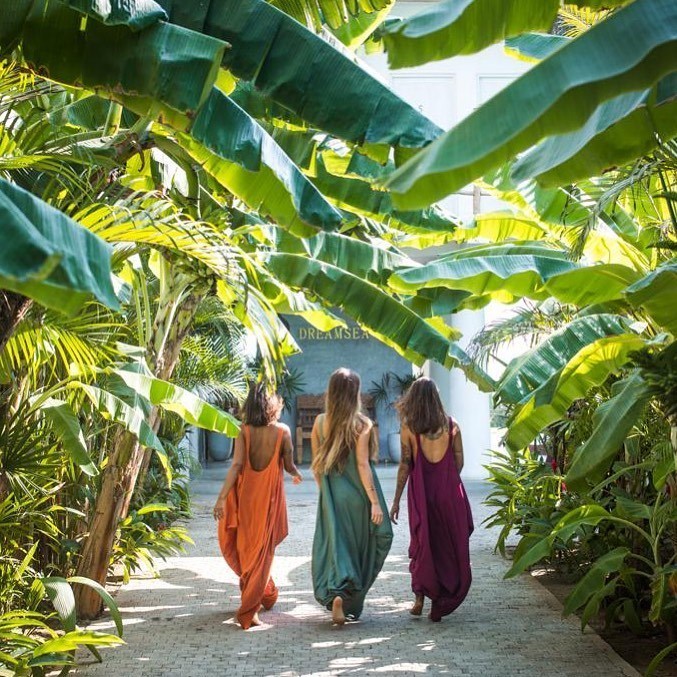
Ahangama, Sri Lanka
Nakota Tuwa clothing, active wear, and swimwear is designed and manufactured in Sri Lanka from environmentally responsible materials. They prioritize natural fibers, low impact dyes, and upcycled fabric offcuts from local garment factories. Their pieces are designed to be durable and multipurpose for maximum use. Nakota Tuwa creates sustainable employment opportunities in rural areas where work is scarce and donates 10 percent of profits to Sambol Foundation, a local charity that protects women and children affected by domestic violence.
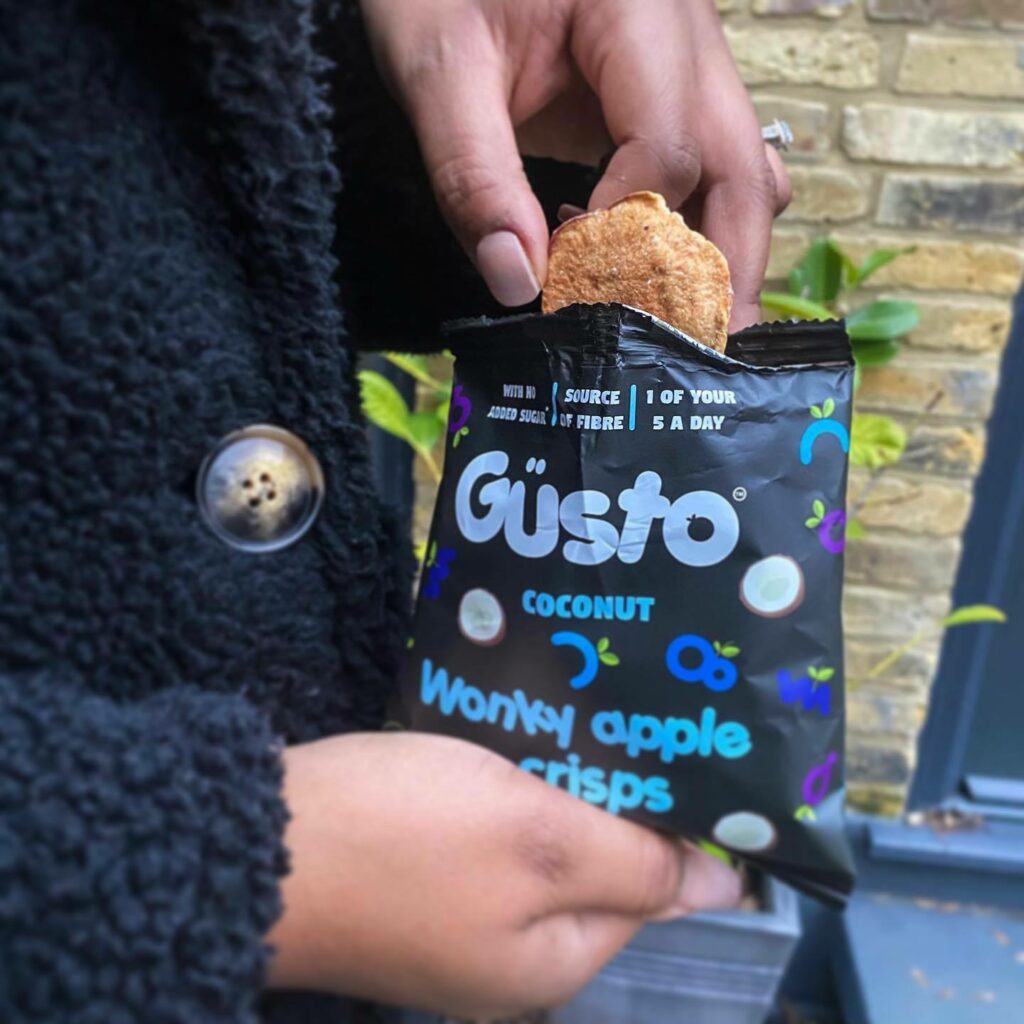
London, England, United Kingdom
Güsto Snacks reduces food waste by transforming wonky fruit into healthy snacks. They source apples that were rejected for their shape, size, or color, add natural fruit juice and seasoning, and turn them into mango and coconut air-dried apple crisps. Purchasing rejected fruit helps farmers become more economically and environmentally sustainable. Güsto Snacks has joined a gleaning network to harvest leftover crops from orchards and helps raise awareness about food waste.
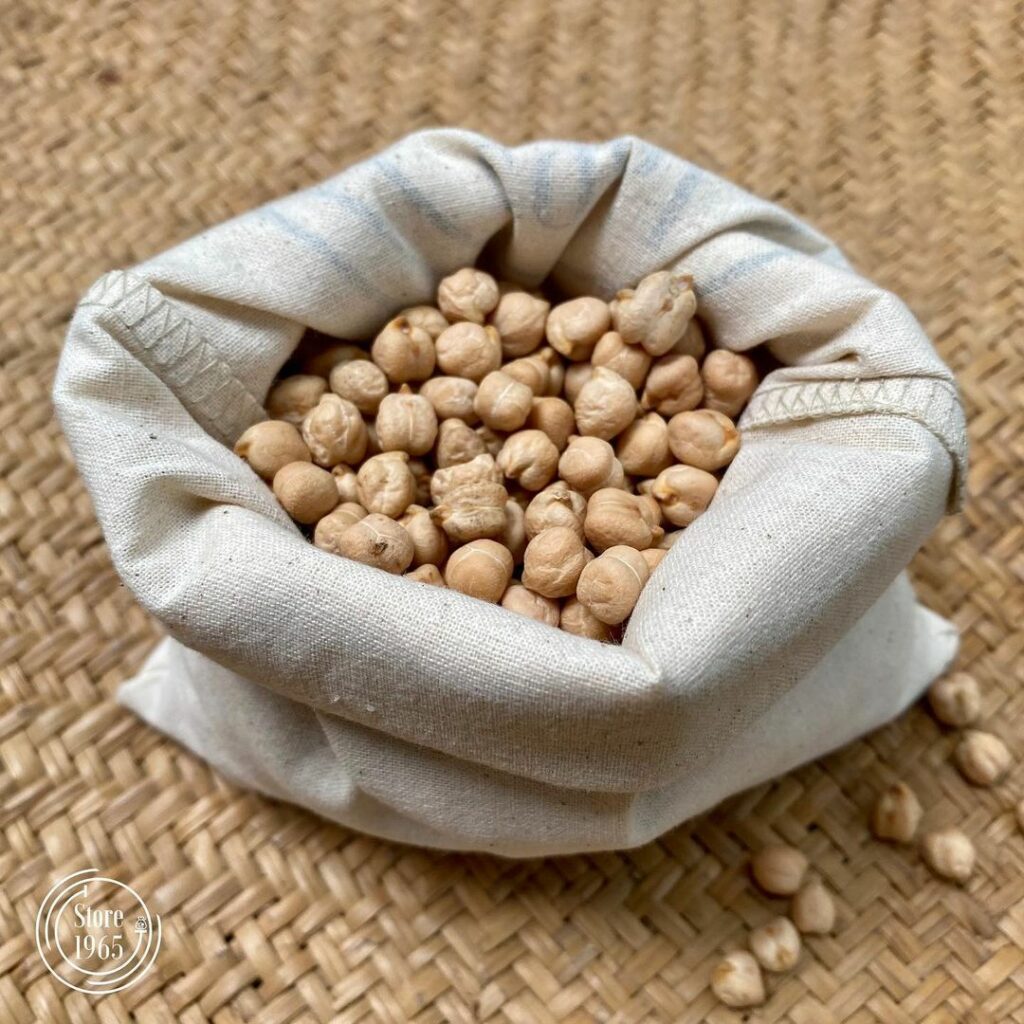
Negombo, Sri Lanka
Store 1965 makes it easier for people in Sri Lanka to reduce their plastic packaging waste and transition to sustainable lifestyles. They deliver products at wholesale rates in reusable natural fiber bags and glass jars. Customers invest in Store 1965 packaging with their first purchase, and after that, they pay for the product only. Over the long term, prices are lower than conventional supermarkets and grocery stores. Initial products include legumes like chickpea, mung, split pea, and white cowpea, soya meat, and unrefined natural sweeteners like coconut palm syrup. Store 1965 prioritizes local, sustainable products whenever they are available.
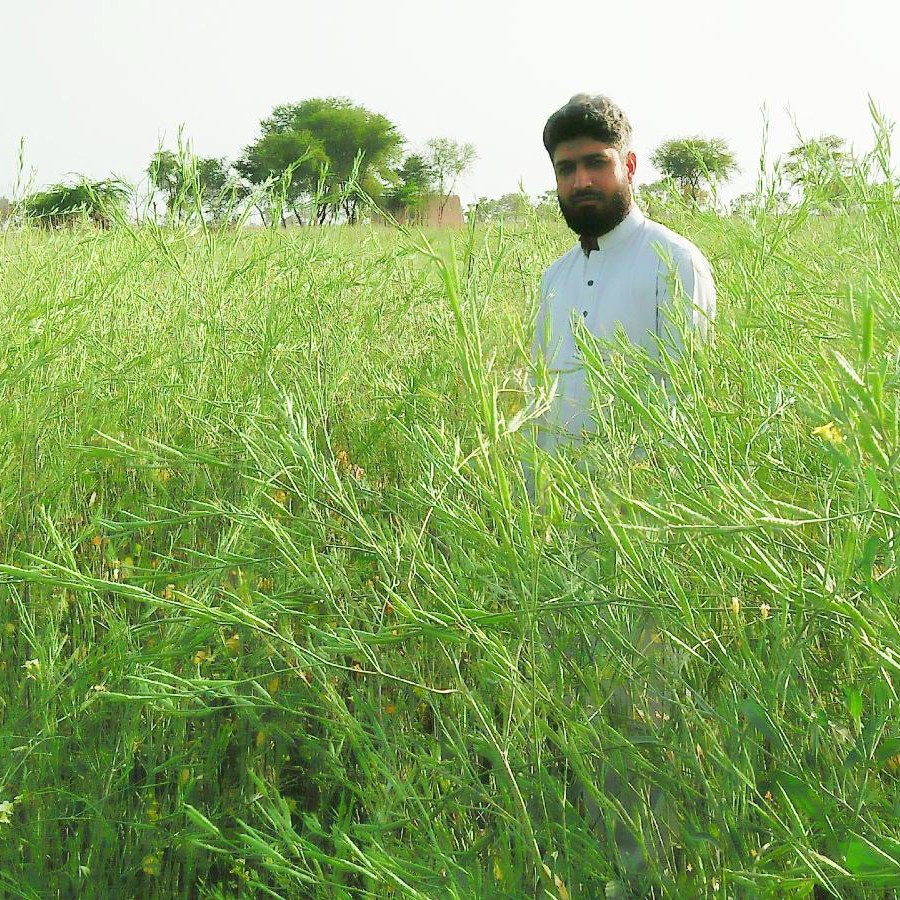
Karachi, Pakistan
Oasis Agro Pakistan envisions a sustainable food ecosystem that makes it easier for people across Pakistan to access nutritious farm-to-table food and experience the benefits of sustainable farming. They offer natural fertilizers, pesticides derived from plant oils and extracts, and on-farm training to support the transition from synthetic agrichemicals that are harmful to the environment and human health to ecological methods of controlling pests and enhancing soil fertility.
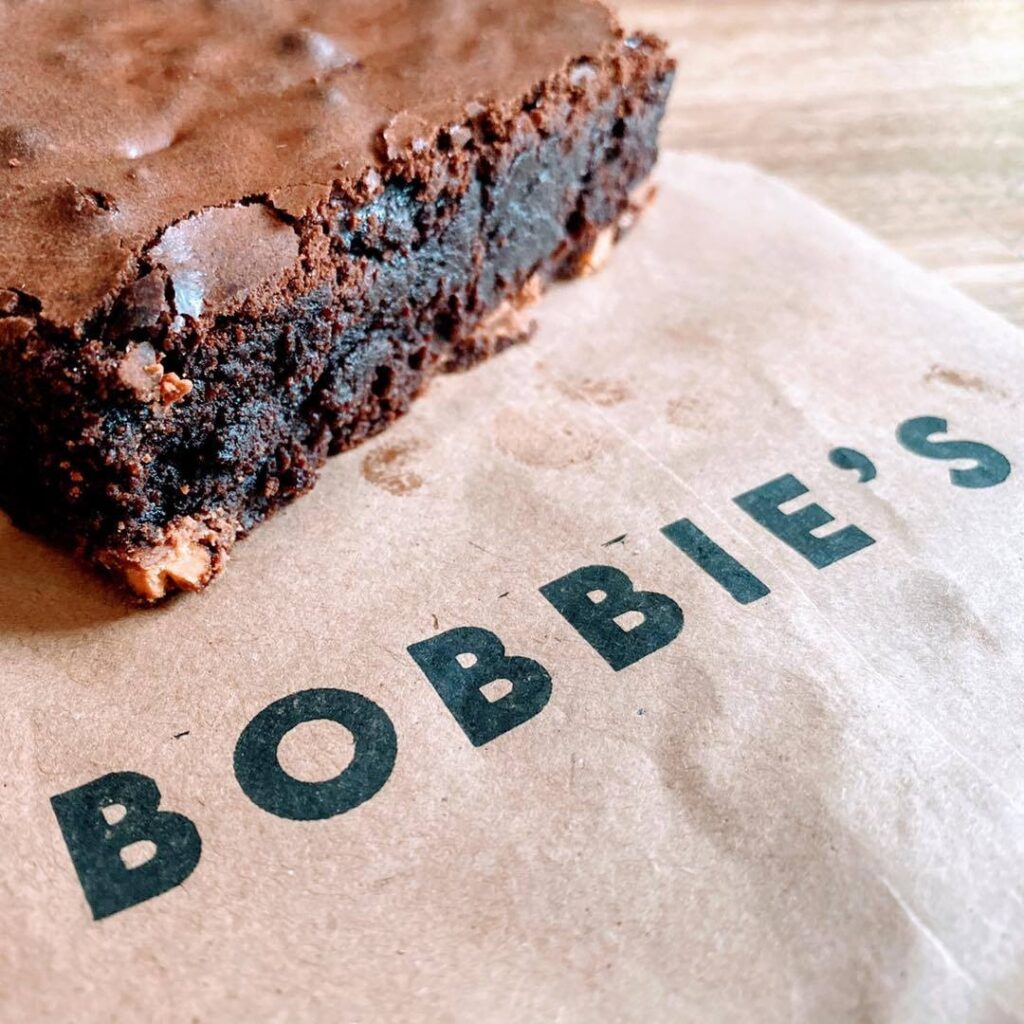
London, England, United Kingdom
Bobbie’s Brownies produces fresh, natural brownies from ethically sourced ingredients and provides nationwide delivery throughout the United Kingdom. They use a lean manufacturing process and compostable packaging to minimize waste. For each brownie sold, Bobbie’s Brownies donates to Mary’s Meals to cover the cost of a school meal for a child in need.
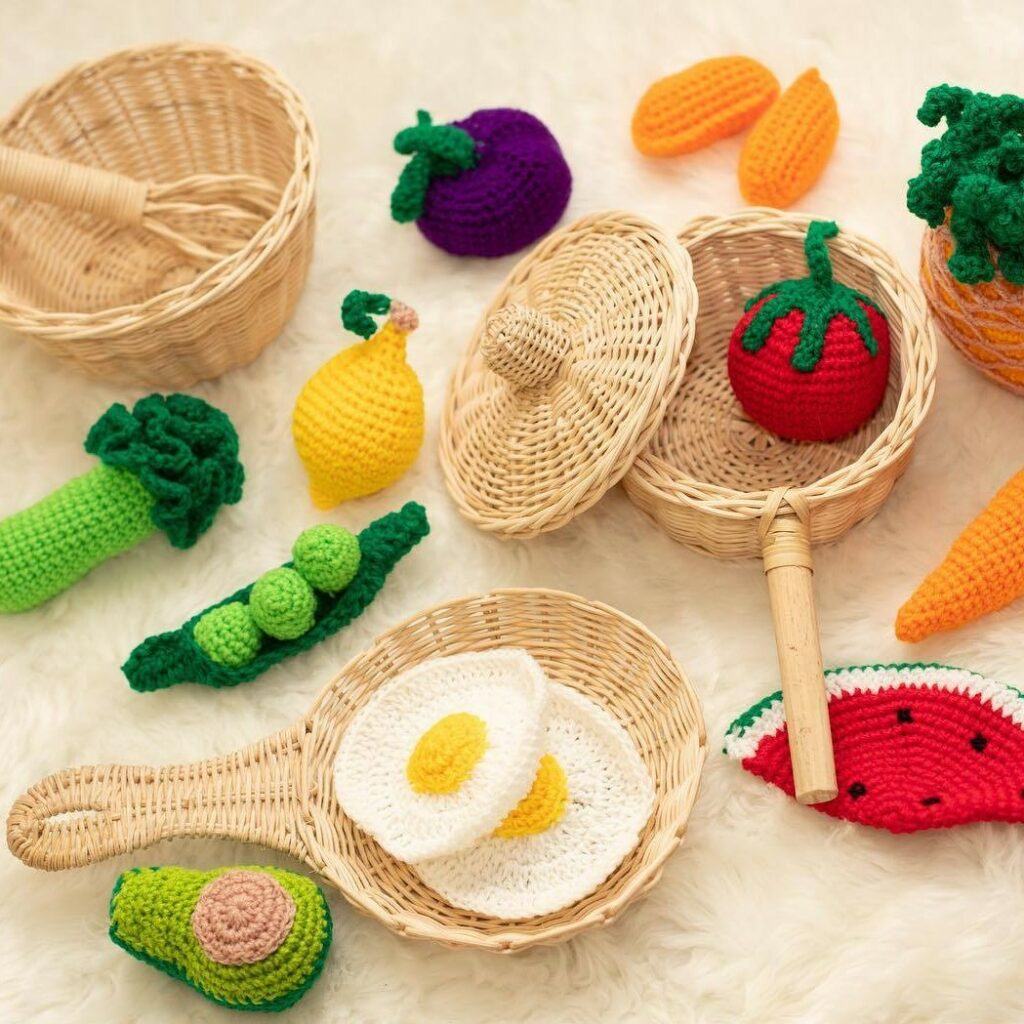
Malabe, Sri Lanka
Earthlings & Co. specializes in sustainable and affordable toys and baby furniture handmade from cane and rattan by Sri Lankan artisans. They provide a safe and environmentally responsible alternative to imported plastic toys and furniture. Cane and rattan weaving is a craft that was passed down in certain Sri Lankan villages from generation to generation, but it began to decline with the introduction of cheap plastic consumer goods. Earthlings & Co aims to contribute to the revival of the cane and rattan sector and provide options to families that care about sustainability. Popular products include a play tea set, tea trolley, dressing table, bassinets, baby cots, and nappy changing baskets.
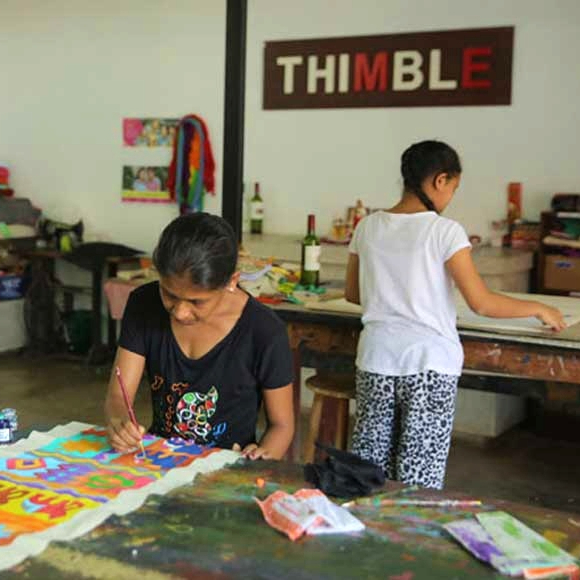
Negombo, Sri Lanka
Thimble was started in 2006 to create livelihood opportunities for women in Thalahena, a small village on a narrow stretch of land between the Negombo Lagoon and the Indian Ocean in Western Sri Lanka. Fishing is the only industry, and in the past, there was no local employment available for young women. Many were sent away to work in urban areas or the Middle East. At Thimble, the women learn new skills, work in a purpose built studio with natural light and breeze, and have space for creativity, self discovery, and independence. They specialize in colorful toys, bags, masks, stationery, and housewares that are handmade from upcycled and locally sourced materials. Their products are sold in hotels, galleries, and online stores in Sri Lanka and around the world. Thimble prioritizes local suppliers and supports local businesses. Each purchase benefits the women of Thalahena and the entire community.
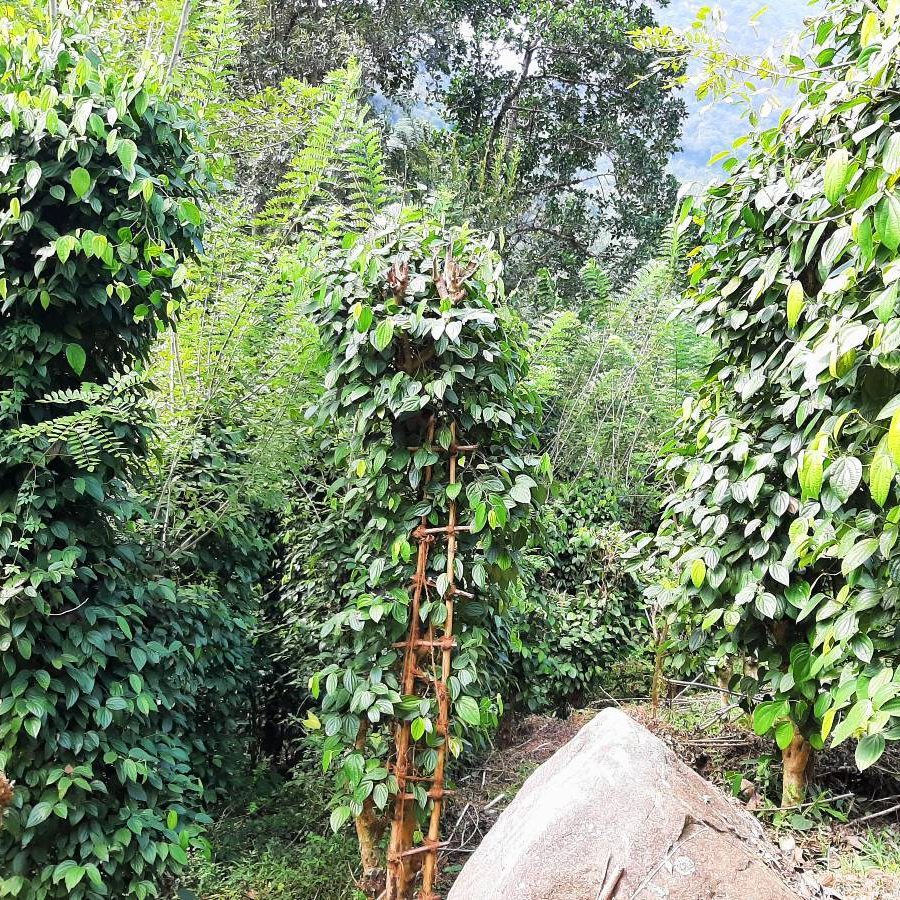
Matale, Sri Lanka
Wild Collection specializes in organically grown pepper, cardamom, clove, nutmeg, and other spices from the Matale highlands. Their mission is to support rural livelihoods while protecting biodiversity through sustainable wild harvest. Wild Collection works with families in the village of Elkaduwa that are verified under a local organic participatory guarantee system. They reinvest a portion of all sales to engage more families in the area and support the transition to environmentally responsible practices.
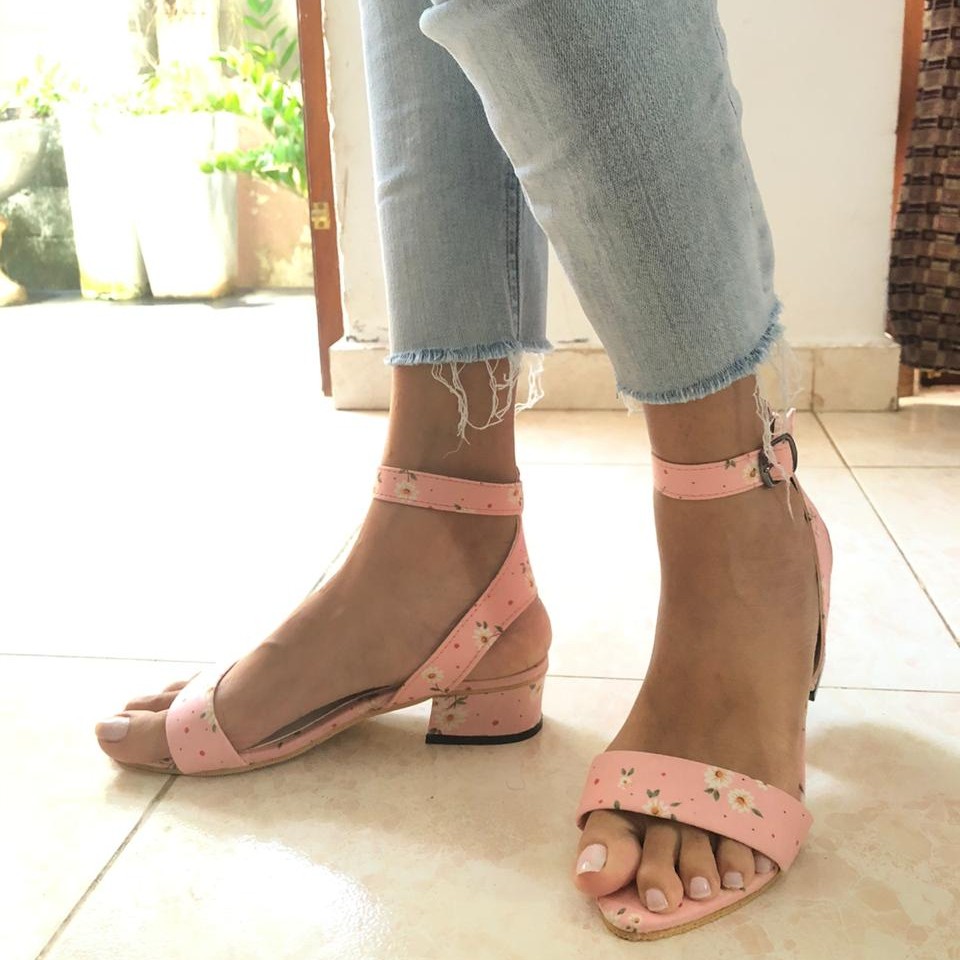
Warakapola, Sri Lanka
PinkWear is a sustainable footwear initiative started by the Pink Fingers women’s society. The shoes are handmade from fabric offcuts collected from small garment factories in Kandana and Jaela and have natural latex soles from a supplier in Kegalle. Pinkwear aims to create livelihood opportunities for women in need with a particular focus on women who returned from the Middle East during the pandemic. They are committed to fair trade and environmentally responsible practices. Scrap materials are used to make key tags and accessories, and compostable paper bags are used for packaging. All profits are reinvested in the Pink Fingers Society to provide employment for more women.
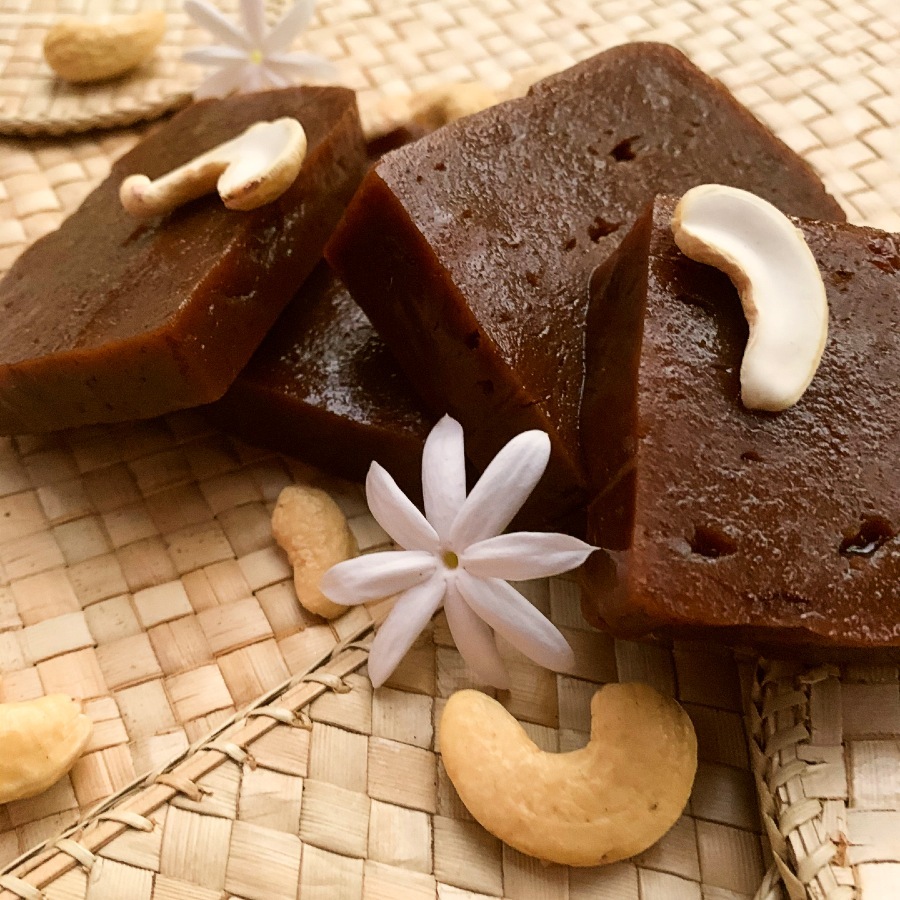
Homagama, Sri Lanka
The Kavili Shop specializes in kalu dodol, a labor-intensive sweet that is made in southern Sri Lanka and consumed during the April festival season. They partner with traditional village sweet makers to supply premium kalu dodol to urban markets year round. This provides continuous income to rural producers and makes it easier for consumers to access traditional natural delicacies that are healthier than imported candies and snacks. The Kavili Shop supplies pure kalu dodol that is homemade from locally sourced rice flour, coconut, and kithul palm syrup with no artificial colors, flavors, preservatives, or refined sugars.
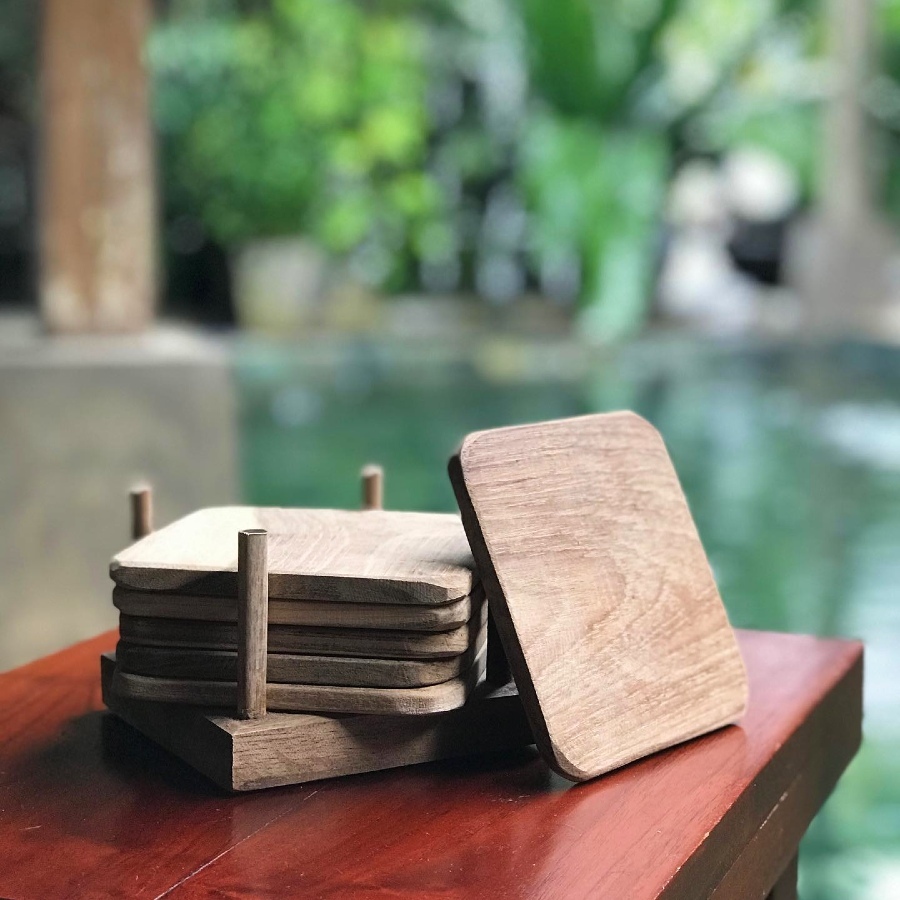
Katugastota, Sri Lanka
Idle Mind by Bhathiya uses scrap timber to create affordable wooden shelves, trays, platters, serving utensils, displays, containers, napkin holders, coasters, and customized pieces. Their mission is to provide flexible work-from-home opportunities for villagers in the local area, showcase hidden talents, and offer natural alternatives to plastic and synthetic housewares. Idle Mind minimizes waste and composts sawdust.
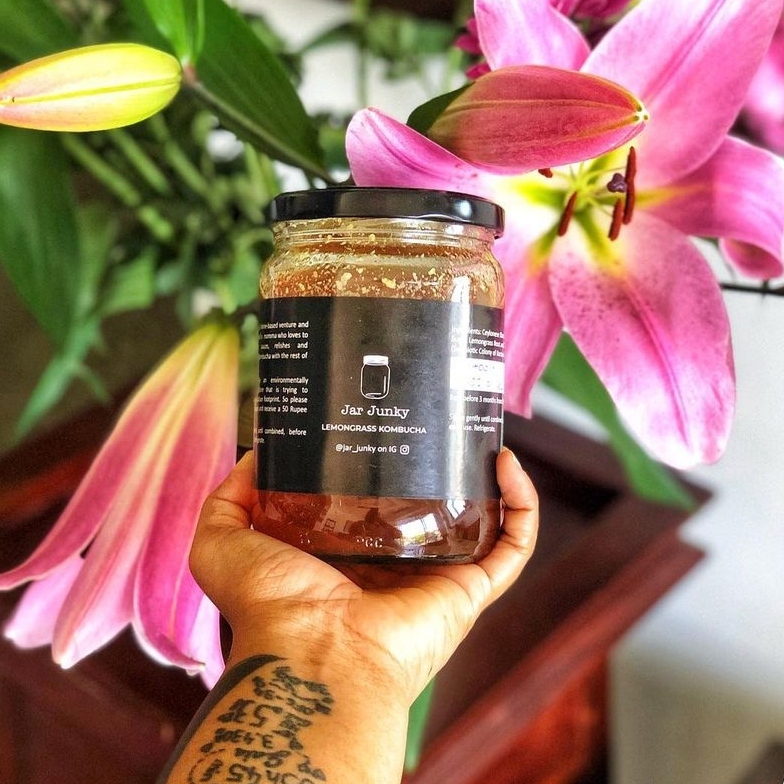
Kolonnawa, Sri Lanka
Jar Junky produces vegan drinks, condiments, and sauces from locally sourced ingredients. They aim to make healthy, natural options more affordable and accessible and provide an alternative to imported specialty foods made with refined sugars and hydrogenated oils . Products include ginger, lemongrass, and cinnamon kombucha, green chili relish, beetroot chutney, balsamic chili treacle vinaigrette, and pickled banana peppers. Jar Junky prioritizes biodegradable and reusable packaging materials and actively minimizes energy use and material waste. They offer a refund to customers that return glass jars for sterilization and reuse.
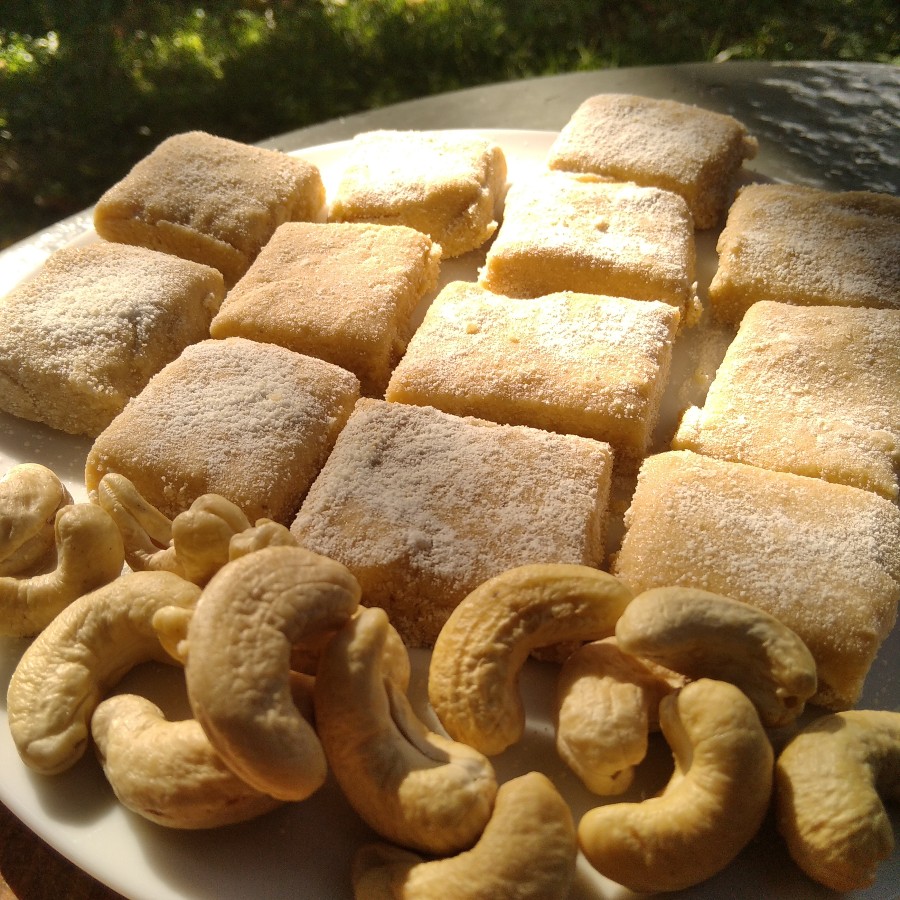
Sri Jayawardenepura Kotte, Sri Lanka
Seelas aims to preserve Sri Lanka’s food heritage and provide local, natural alternatives to imported processed snacks and sweets. They use healthy unrefined oils and unrefined natural sweeteners with a low glycemic index to produce traditional treats like aluwa, aggala, thala guli, pol dosi, konda kevum, mung kevum, kokis, asmi, and athirasa. All products are vegan and made with sustainably sourced local ingredients like rice flour, coconut oil, kithul palm syrup, coconut palm syrup, grated coconut, sesame, cashew, and spices. The coconut and rice flour comes from Sandhalankawa, and the kithul syrup and spices come from villages in Gampola and Kandy. Seelas organizes regular cleanups of parks, walking paths, and public areas with friends, family, and neighbors and donates a portion of profits to provide food packs to people in need.
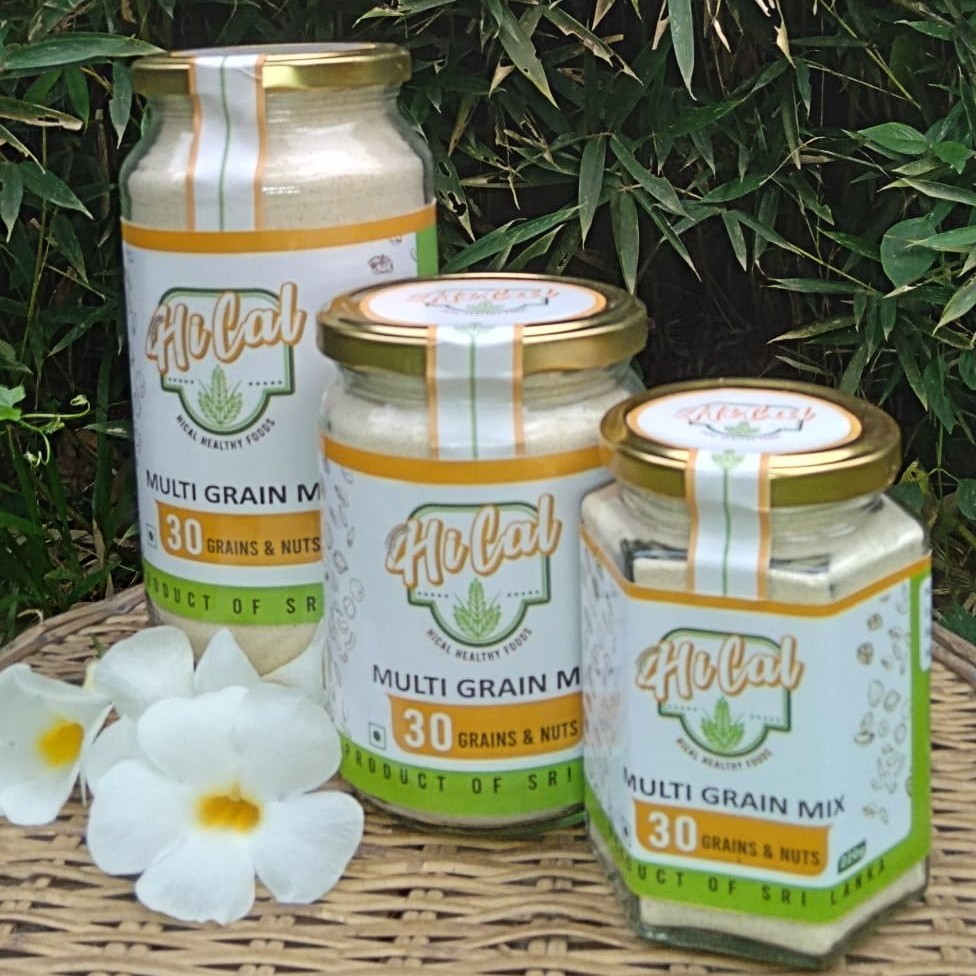
Kandy, Sri Lanka
HiCal aims to make it easier for Sri Lankan families to integrate natural, nutrient rich foods into their diets. Their multi grain mix contains 30 grains, legumes, and nuts and can be eaten as a porridge or in a wide range of recipes. They also produce a date powder natural sweetener, an immune boosting coffee substitute, and pumpkin, sweet potato, carrot, and beetroot powders that can be added to smoothies, soups, baby food, and other recipes. All products are free from artificial colors, preservatives, and other additives. Locally available ingredients are sourced directly from farmers. HiCal prioritizes plastic free packaging.
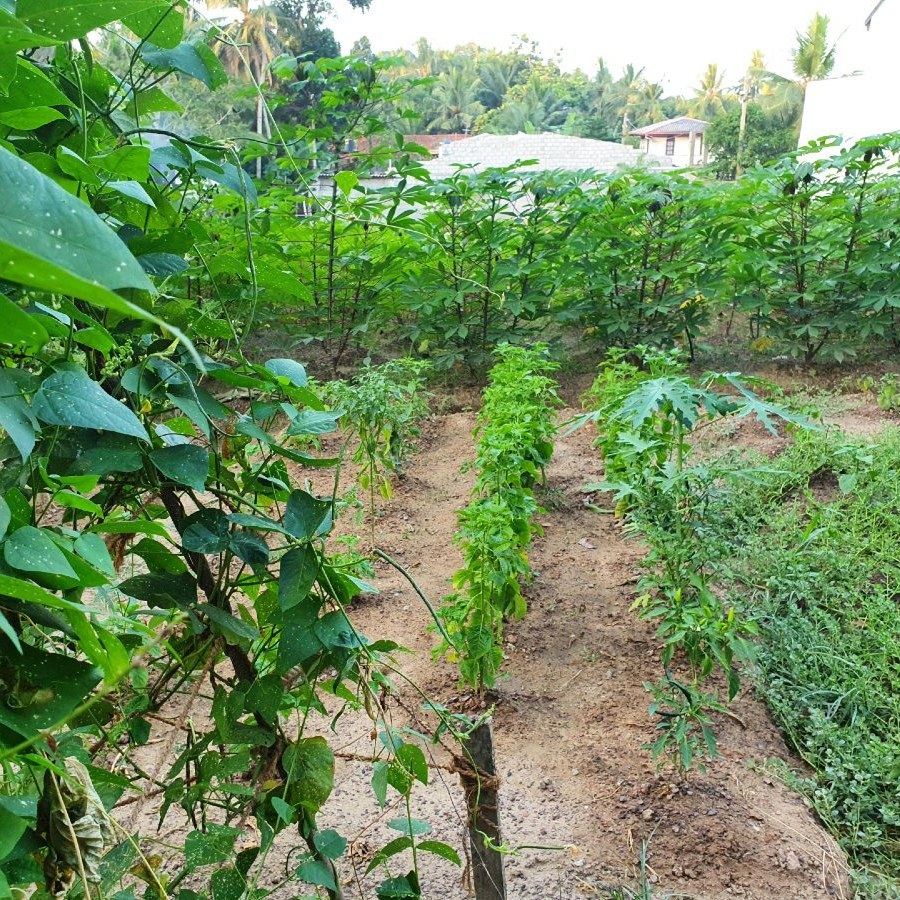
Ragama Horape, Sri Lanka
Pure Organics is a small family farm in Ragama that is committed to making organic fruits and vegetables affordable and accessible. They started by supplying to friends and family for free, and as production expanded, they began supplying to their community at the lowest possible prices. Crops include avocado, passion fruit, papaya, beli, banana, lime, Ceylon olive, jackfruit, breadfruit, manioc, pumpkin, butternut squash, eggplant, okra, cucumber, tomato, green beans, luffa, bitter gourd, snake gourd, chili, and many varieties of leafy greens, and spices. Pure Organics uses natural techniques to build their soil and prevent pests. They are verified under a local organic participatory guarantee system (PGS).
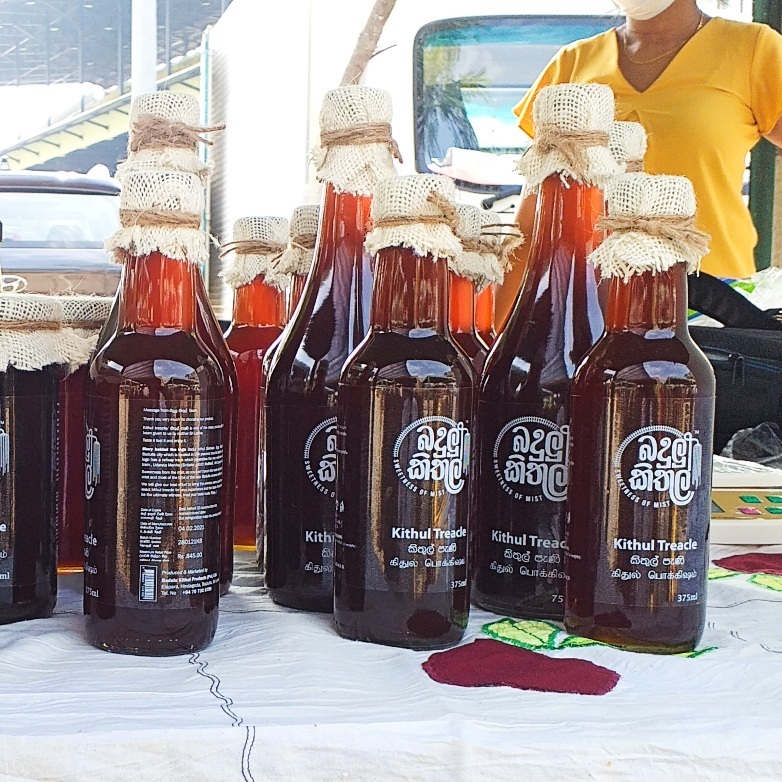
Badulla, Sri Lanka
Badulu Kithul was started to uplift the living standards of kithul tappers in Badulla. They offer pure kithul jaggery and treacle as an alternative to imported sweeteners and refined white sugar. Products are packed in glass bottles and environmentally responsible materials. Badulu Kithul uses a portion of profits to cover school expenses for suppliers’ children.
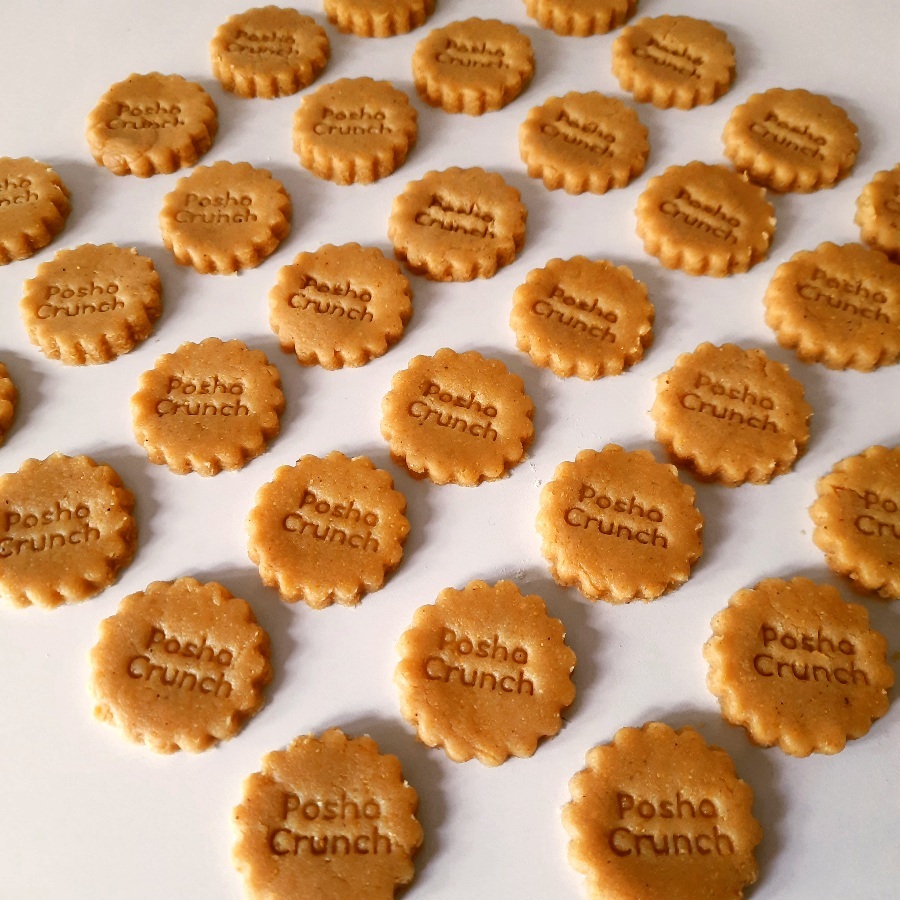
Colombo, Sri Lanka
Posha Crunch offers natural snacks for babies and toddlers as a healthier local alternative to imported biscuits. Their posha range is made with nutrient rich samaposha and triposha which contains green gram, soy, rice, corn, vitamins, and minerals, local butter, eggs that are free from antibiotics and grow promoters, and either banana, apple, almond butter, or peanut butter. Their cheese biscuits are made with local Maia cheese and come in toddler friendly shapes. Posha Crunch prioritizes local suppliers and ensures that all ingredients are non-GMO and free from artificial colors, flavors, preservatives, and other additives.
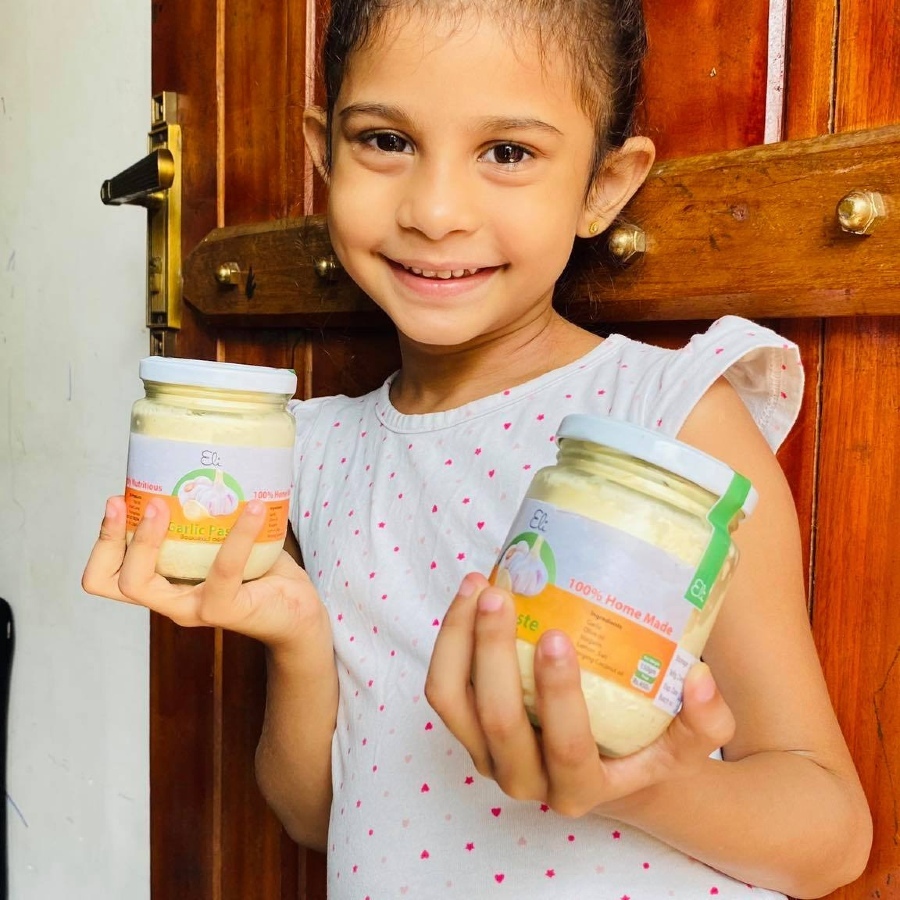
Pannipitiya, Sri Lanka
Eli Products was started to provide natural local alternatives to imported drinks, spreads, and condiments. They offer a ginger drink and a natural garlic spread. All products are free from artificial colors, preservatives, and other addititives, and locally available ingredients are sourced directly from farmers. Eli Products aims to minimize waste. Glass bottles are collected and sterilized for reuse.
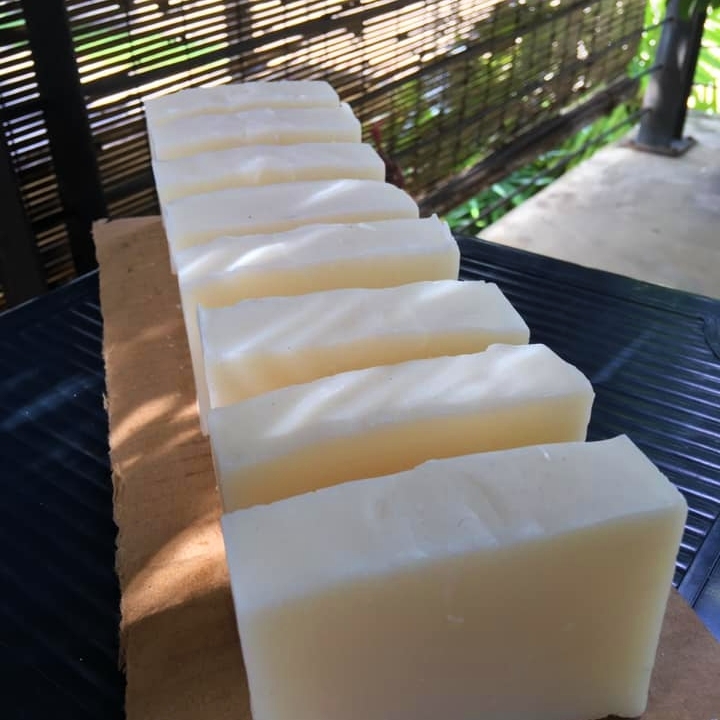
Sri Jayawardenepura Kotte, Sri Lanka
Bluerchip produces handmade soap from cold-pressed virgin coconut oil, traditional coconut oil, king coconut oil and natural essential oils. Their blends were developed to be mild, conditioning, and naturally antibacterial. Bluerchip uses compostable packaging and is committed to environmentally responsible practices. They source ingredients directly from known suppliers.
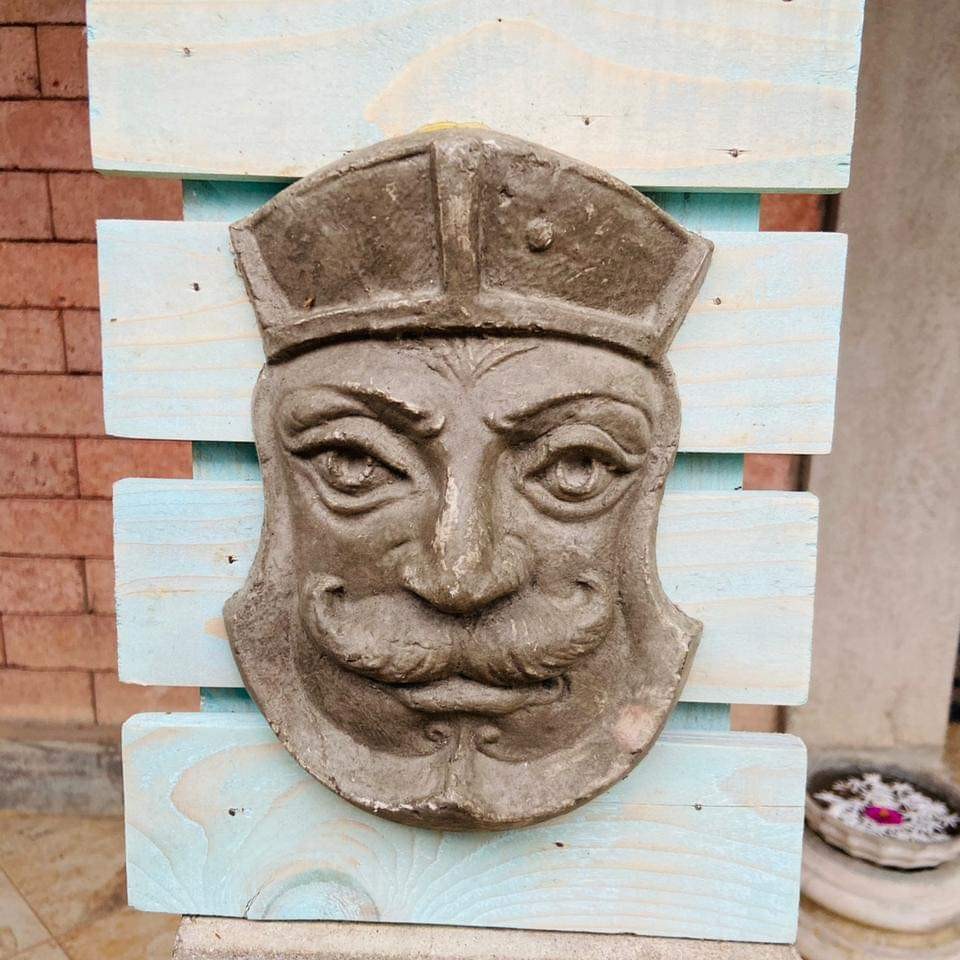
Pannipitiya, Sri Lanka
Mocraft specializes in upcycled paper crafts. They collect used office paper and create artwork and housewares from the recycled paper pulp. Their pieces showcase historical figures and Sri Lanka’s cultural heritage. Mocraft provides art education classes within their community.
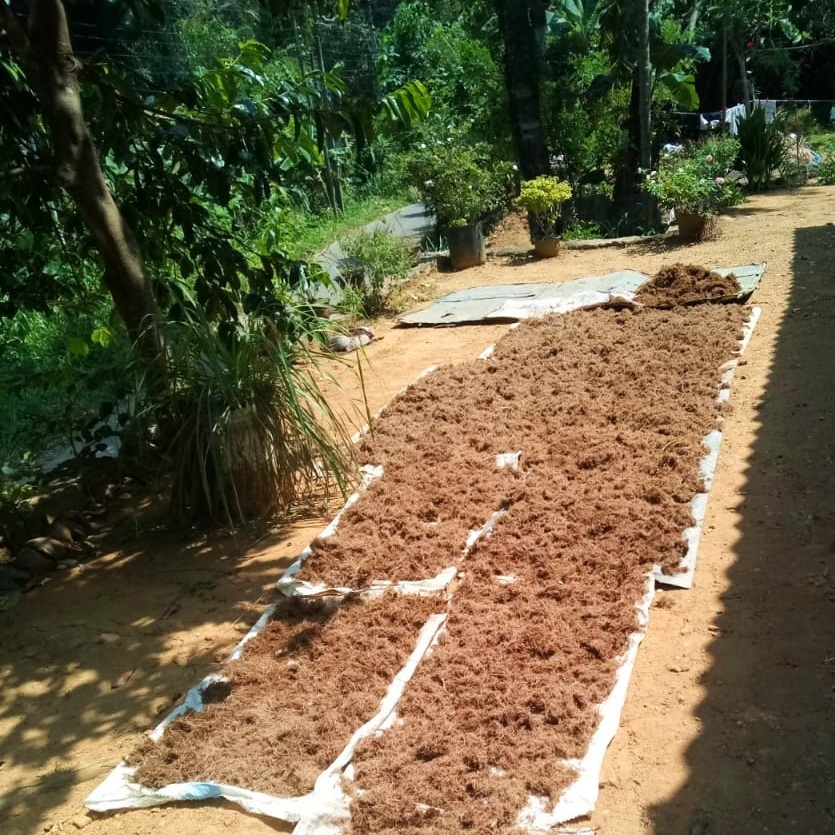
Polgahawela, Sri Lanka
Aliya Alanka upcycles elephant dung into natural elephant products as an income generating initiative for low income families near the Pinnawala Elephant Orphanage in Sri Lanka. The dung is collected, sterilized, and handmade into magnets, paperweights, photo frames, flower pots, and other housewares. The initiative is focused on transforming waste to a resource, improving the wellbeing of vulnerable groups, and raising awareness about elephant protection and conservation.
Know an initiative that’s good for people and good for the planet? The application is currently available in English, Sinhala, Tamil, Urdu, Spanish, and Japanese and started in Nepali: www.goodmarket.global/apply Want to help make it available in another language? Learn more about the community translation project here.